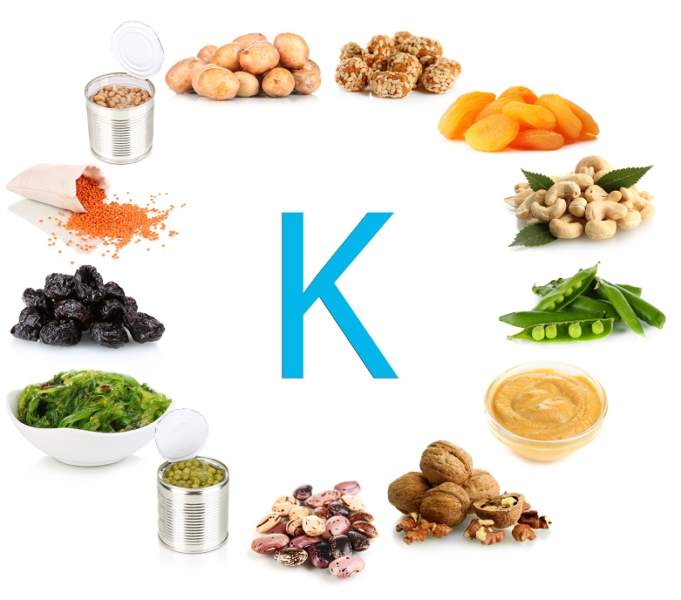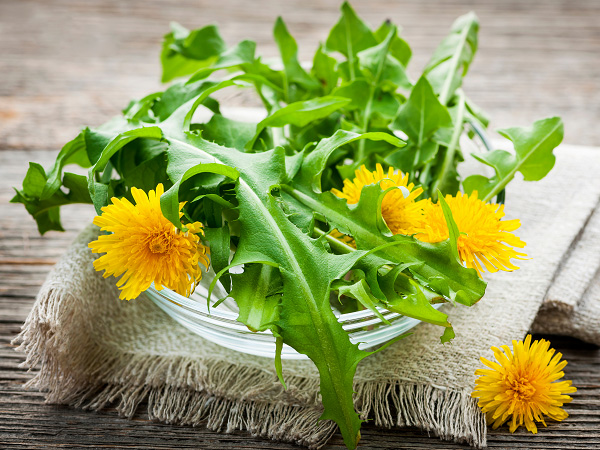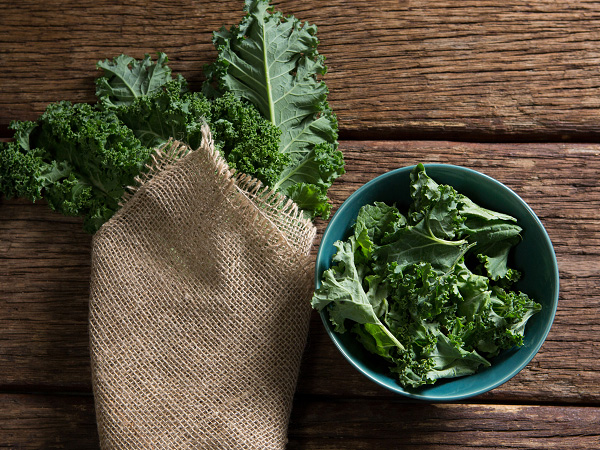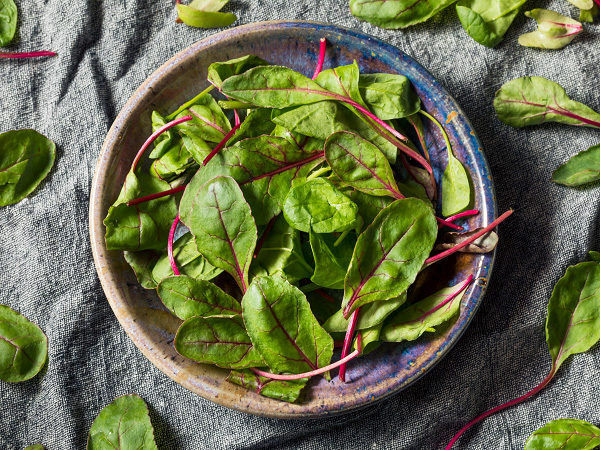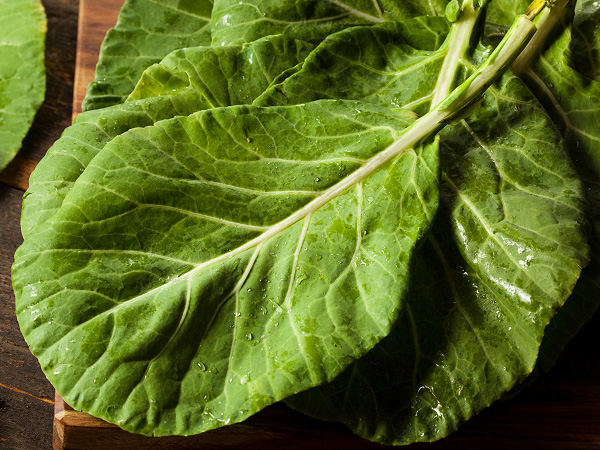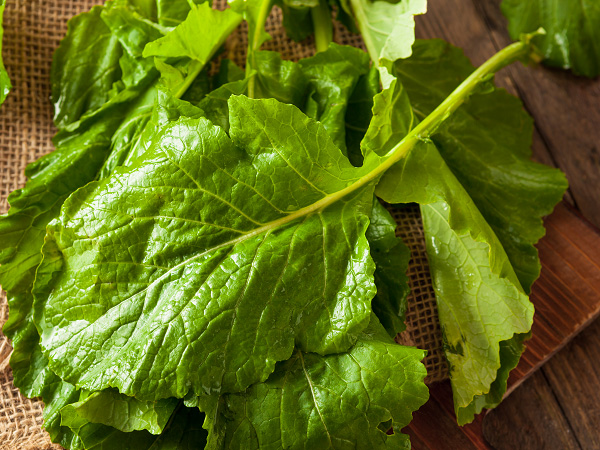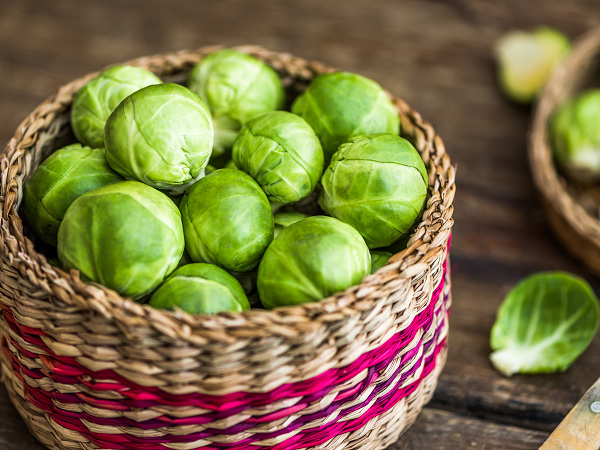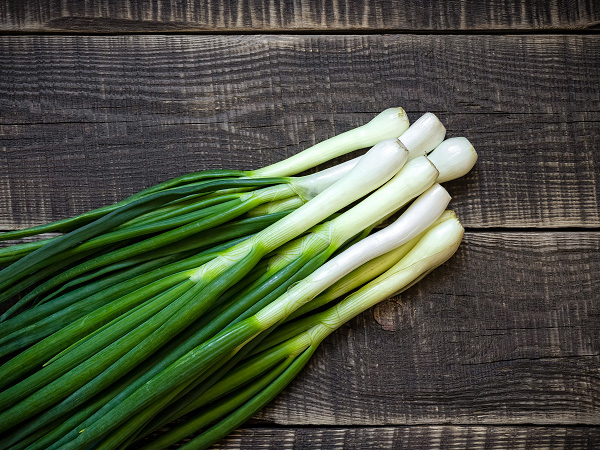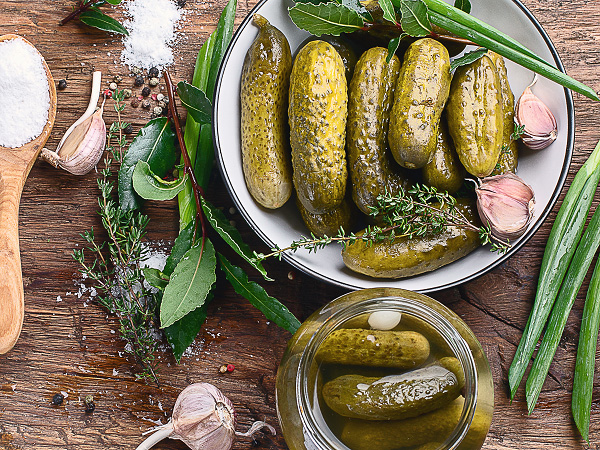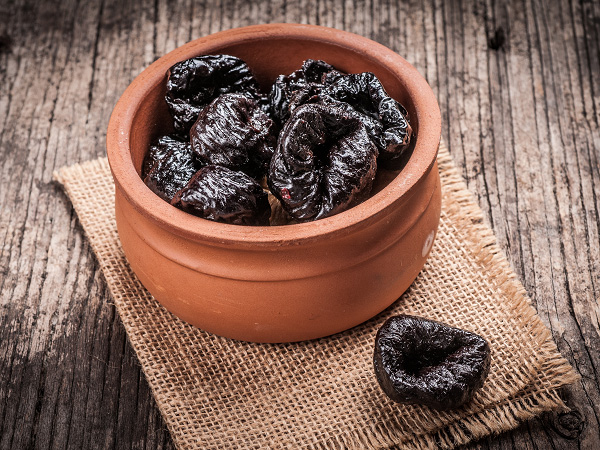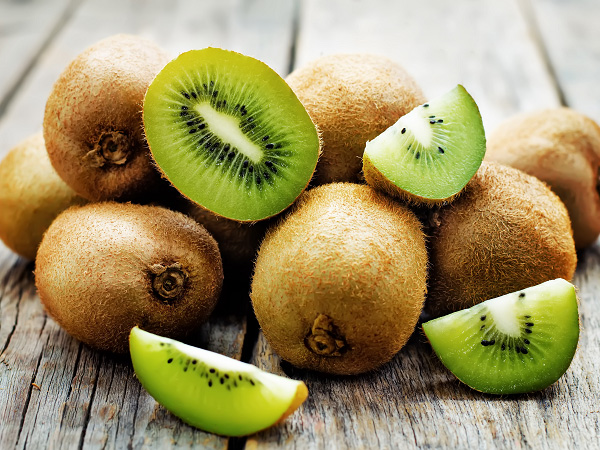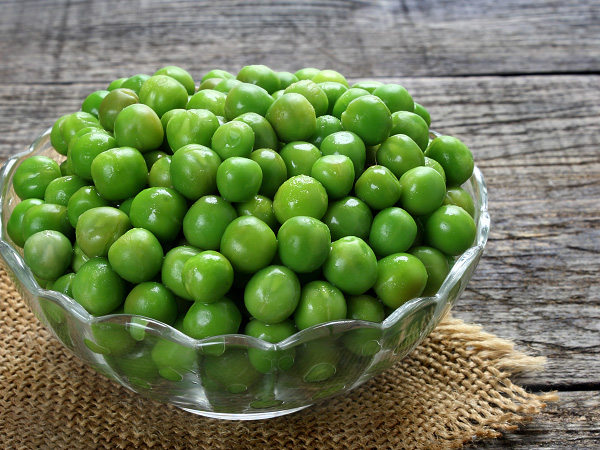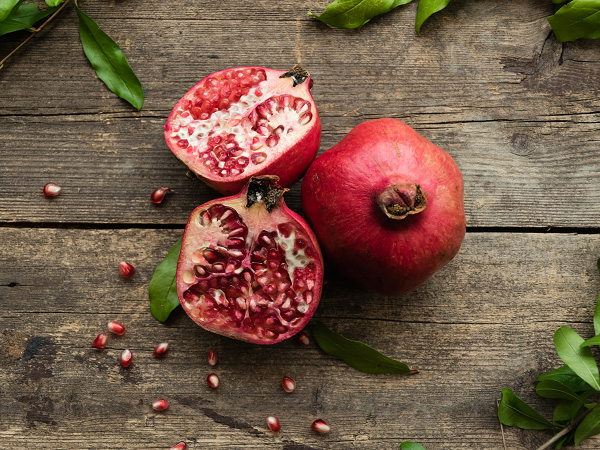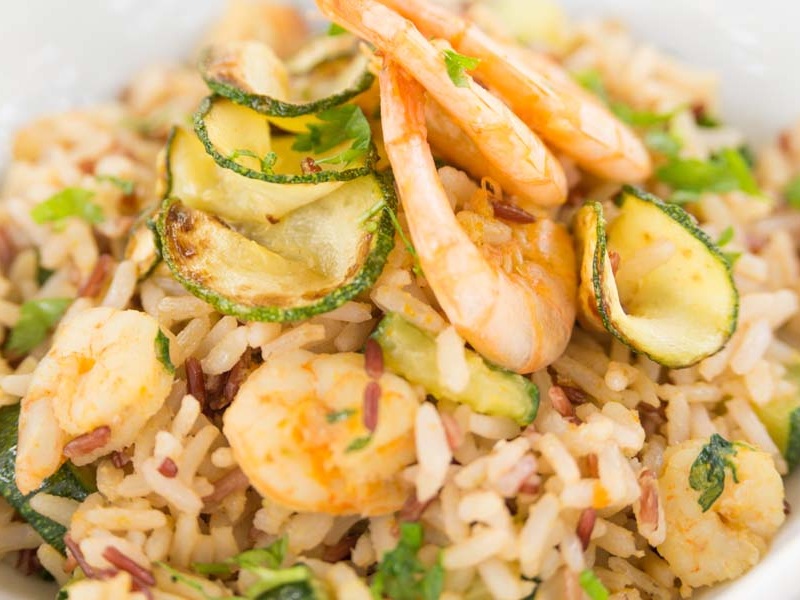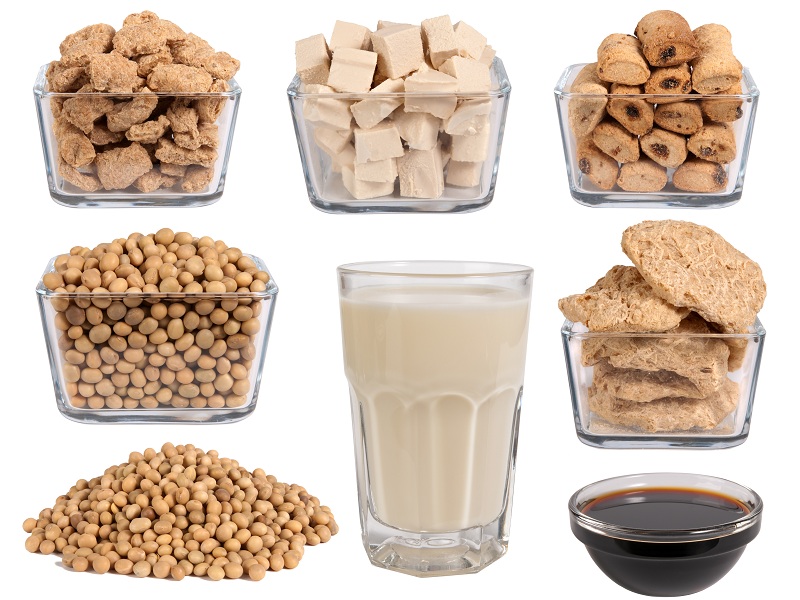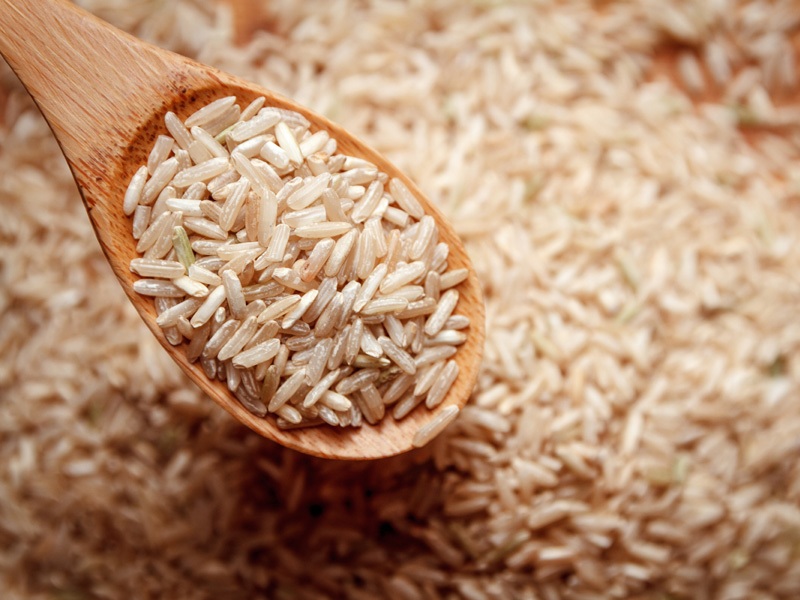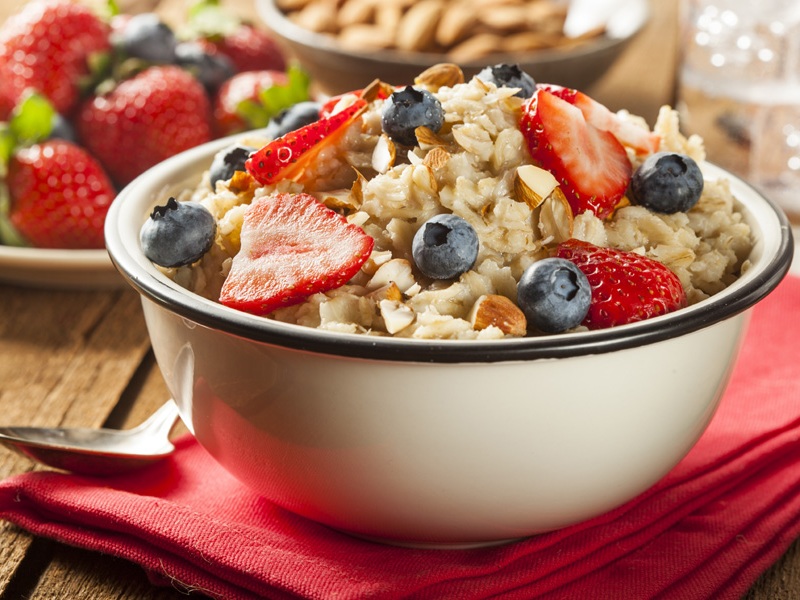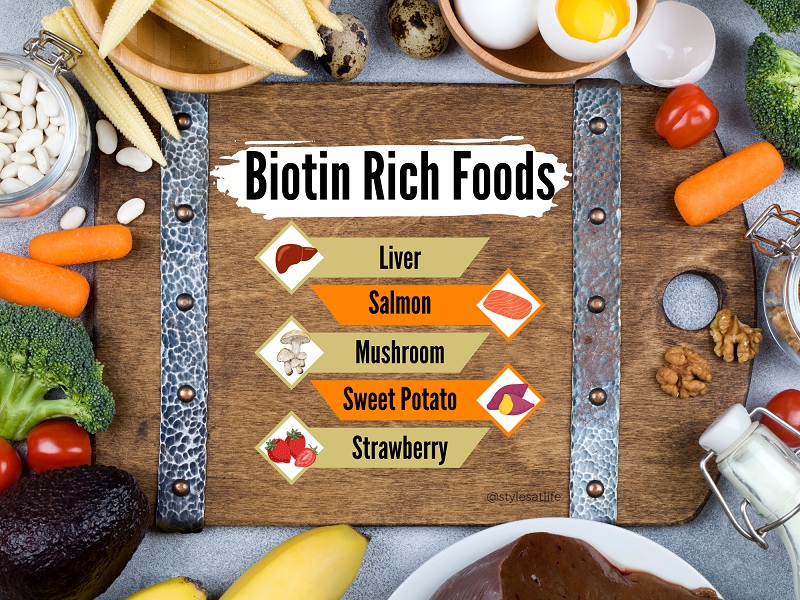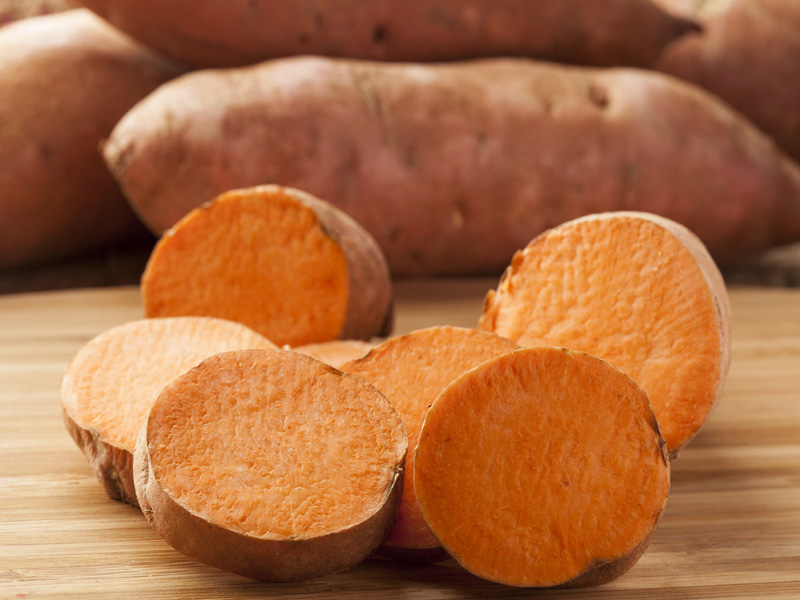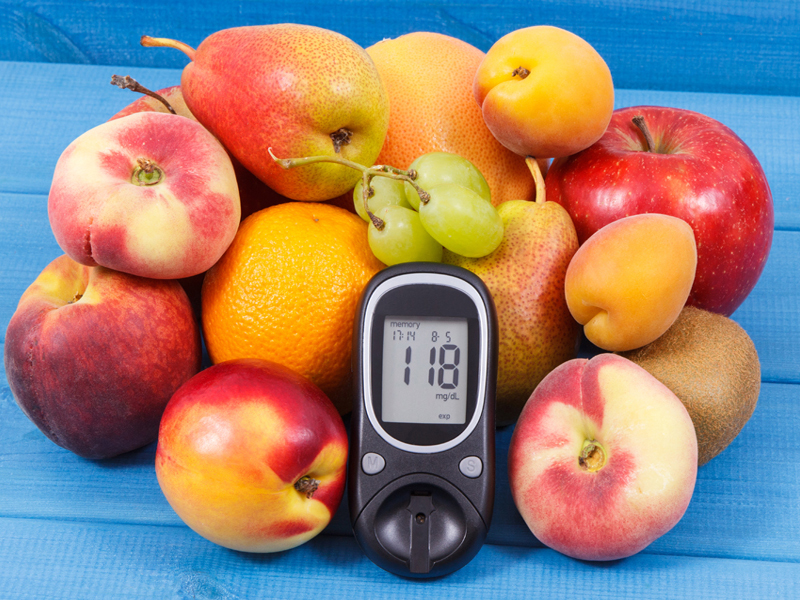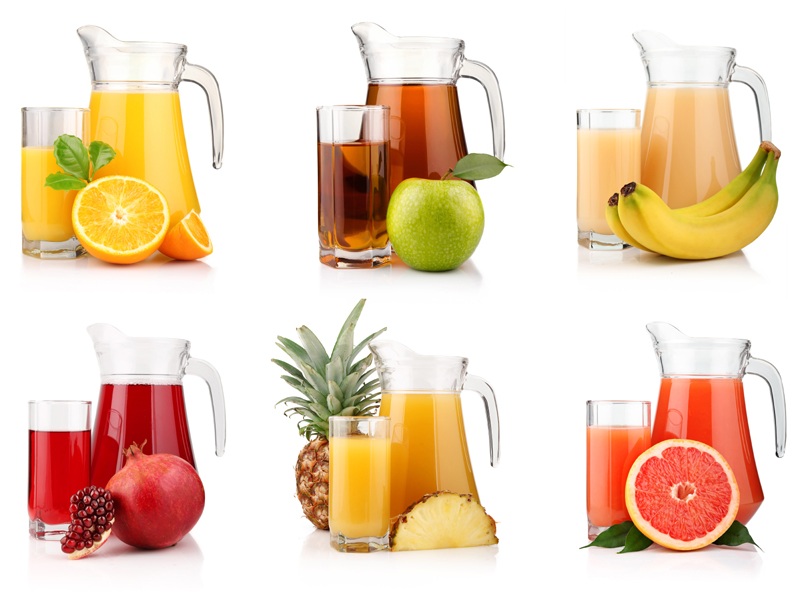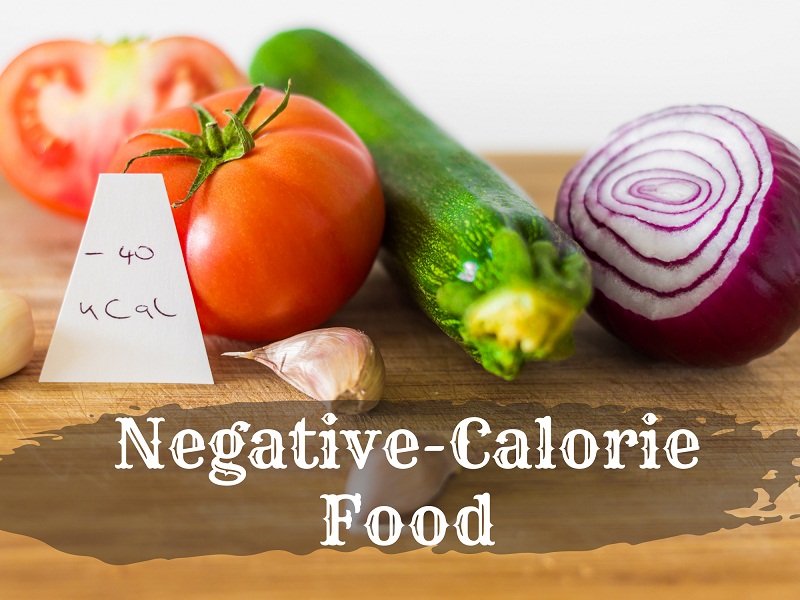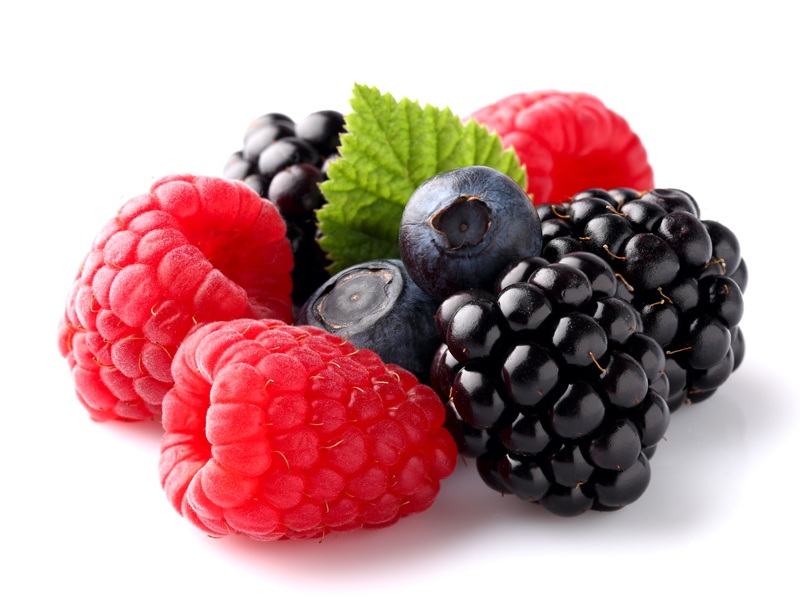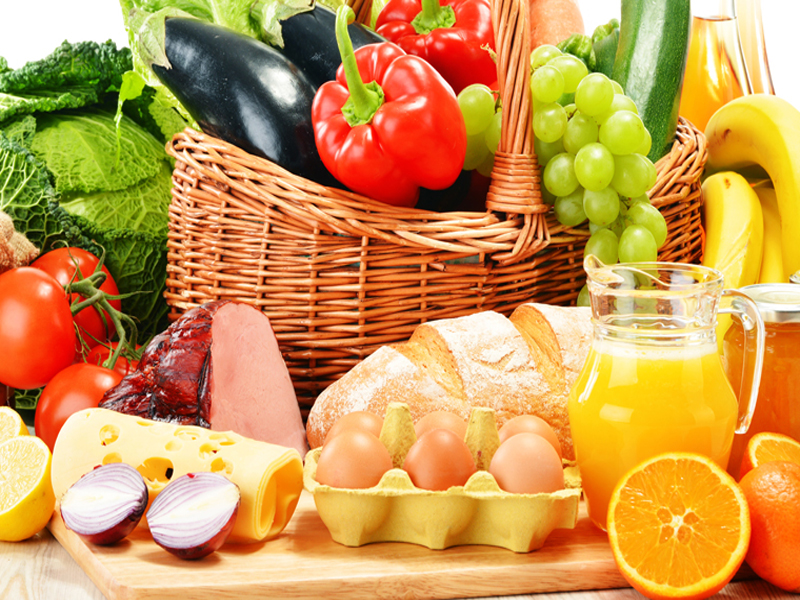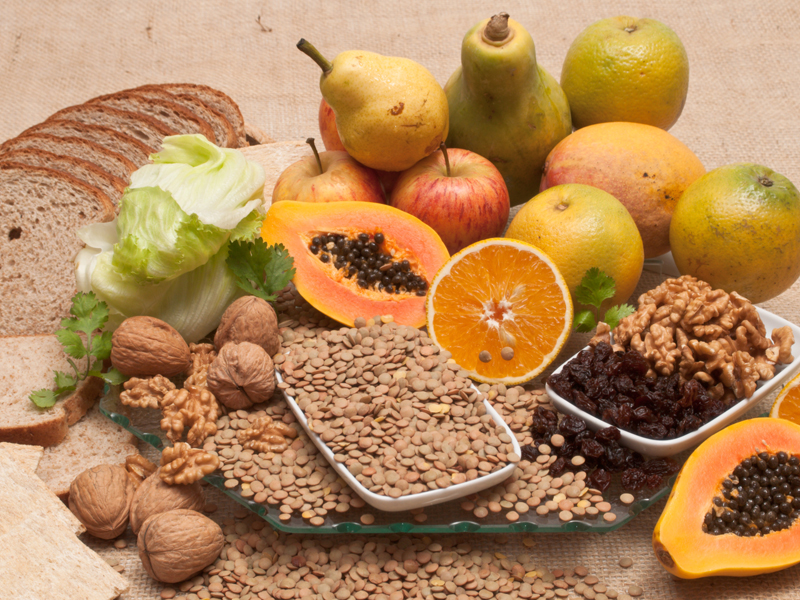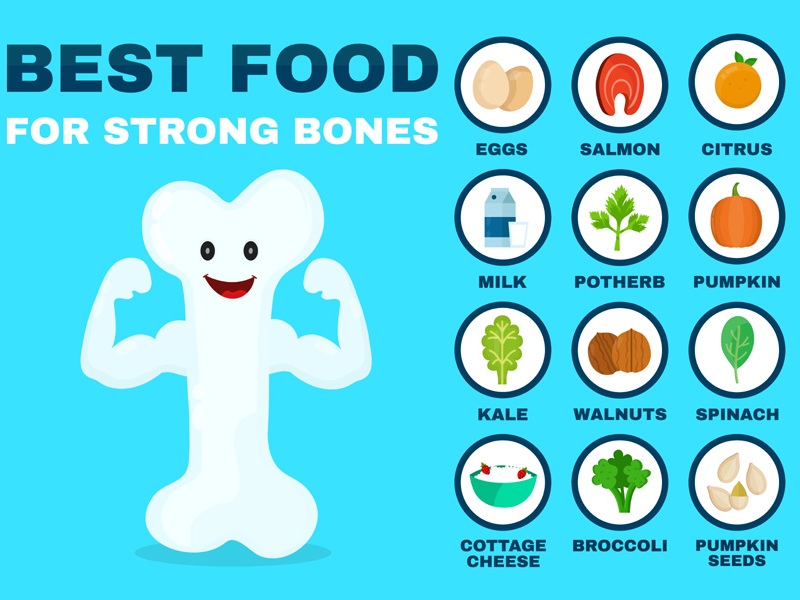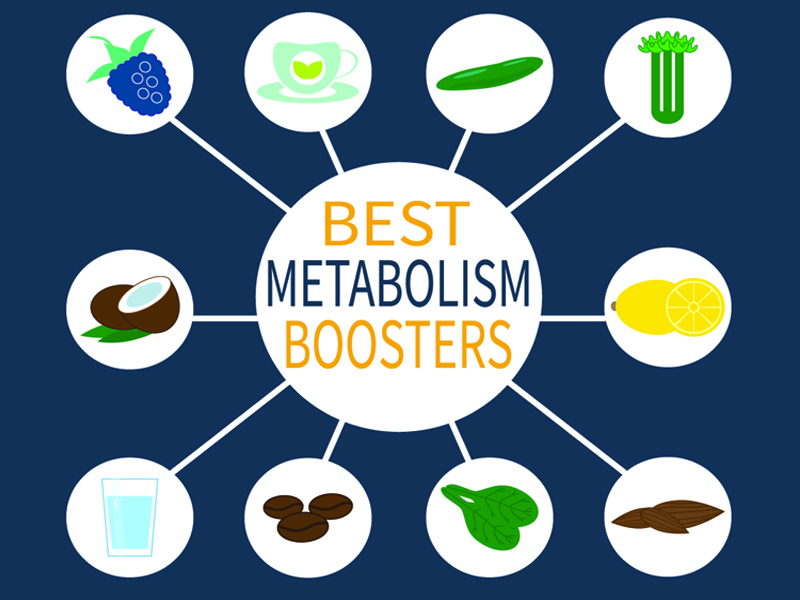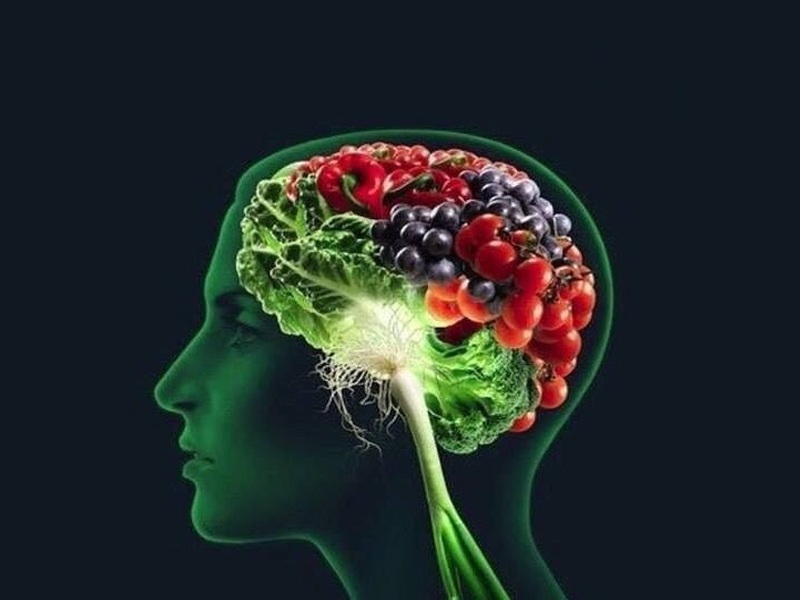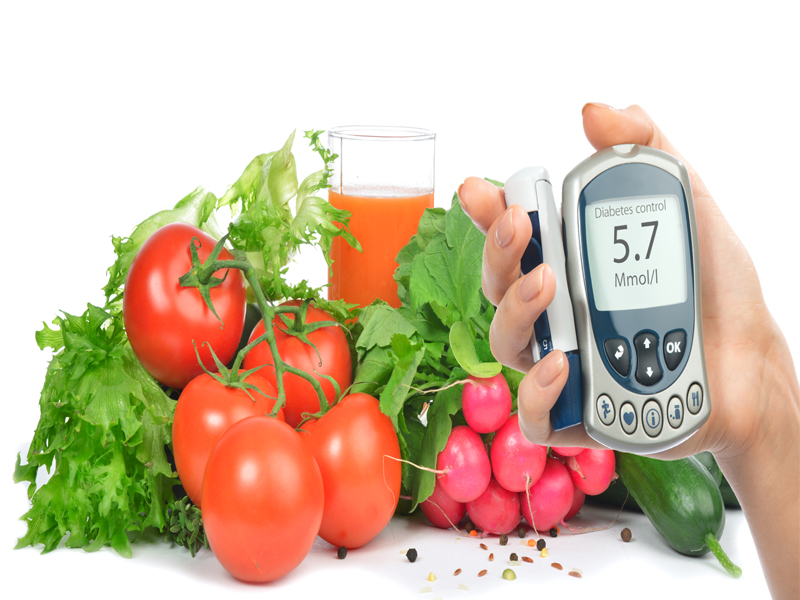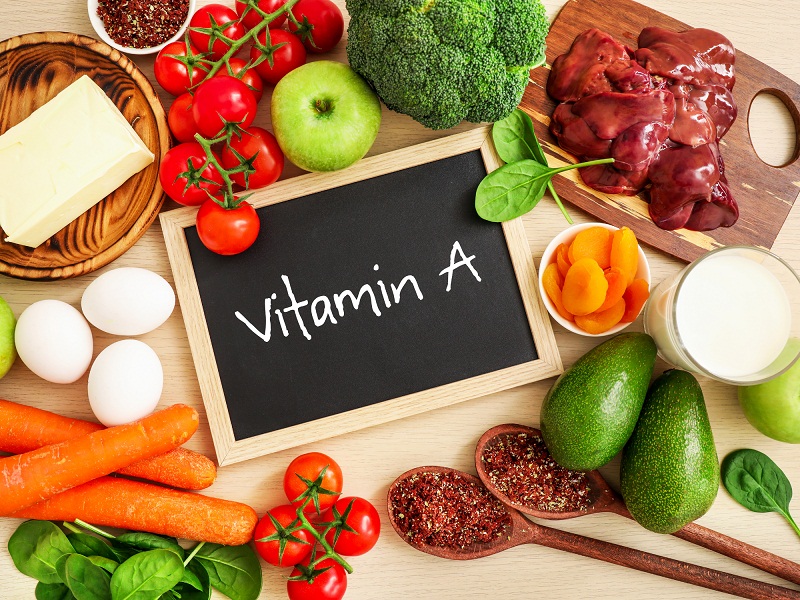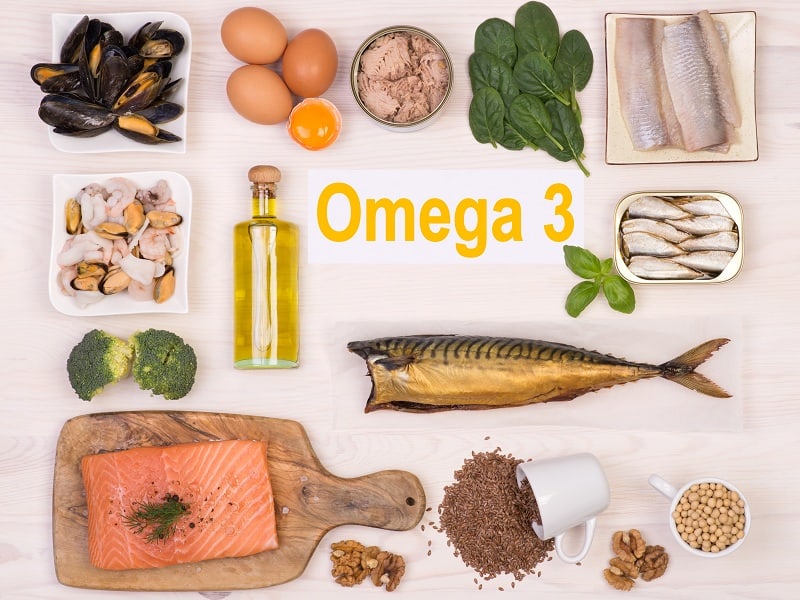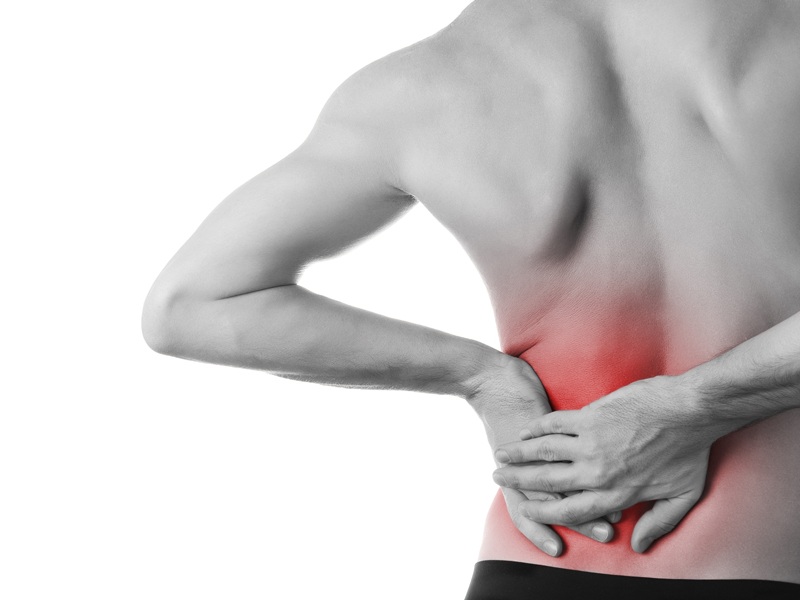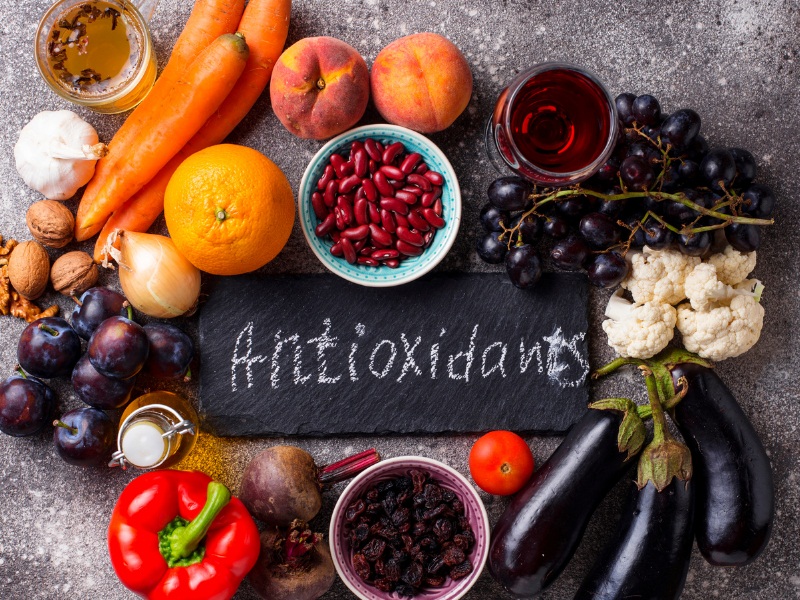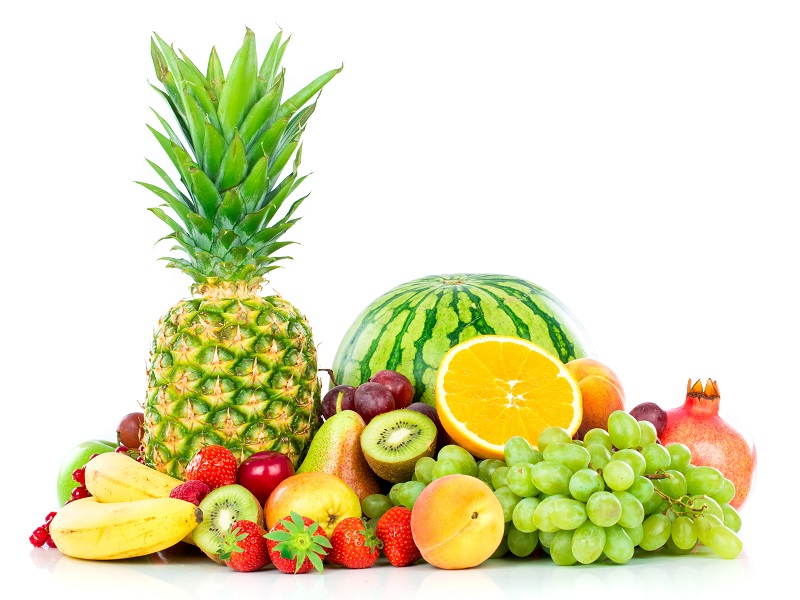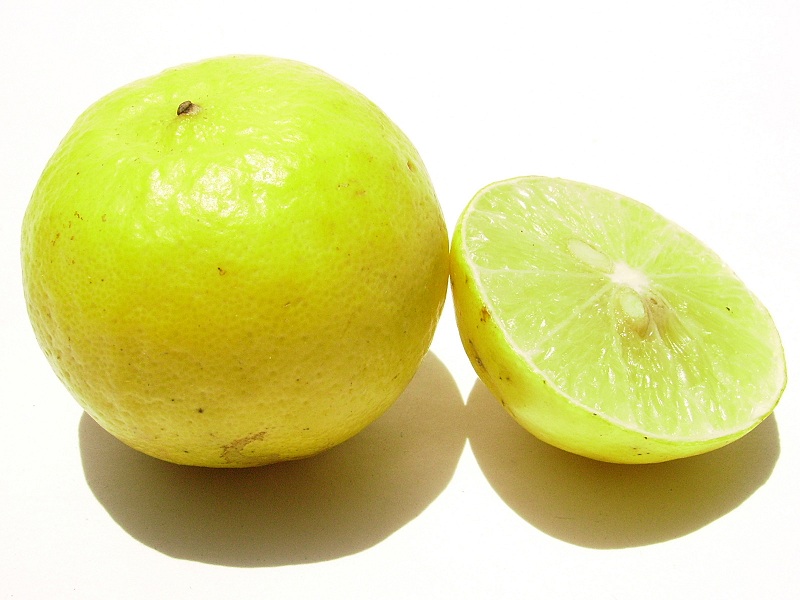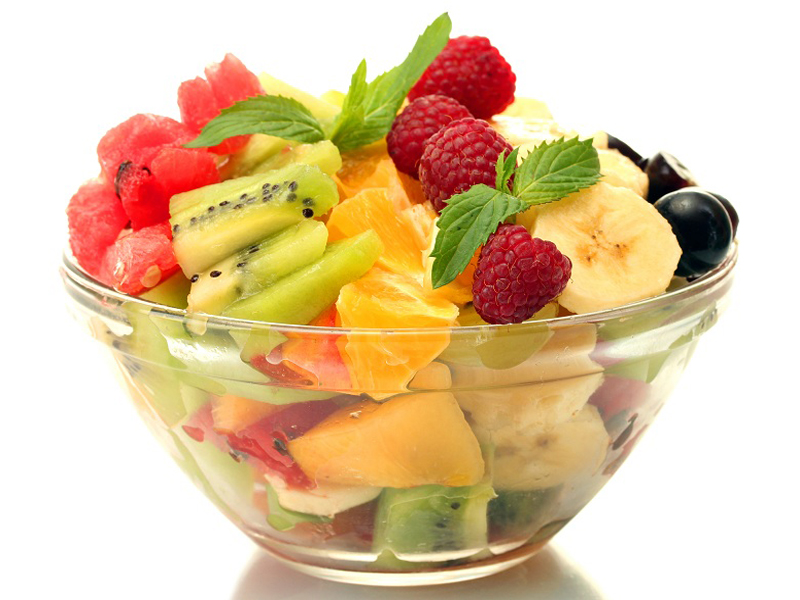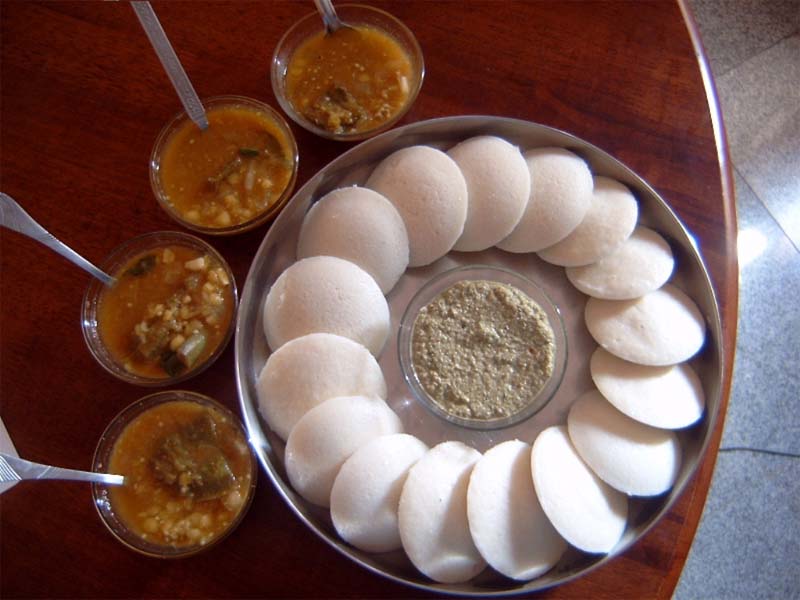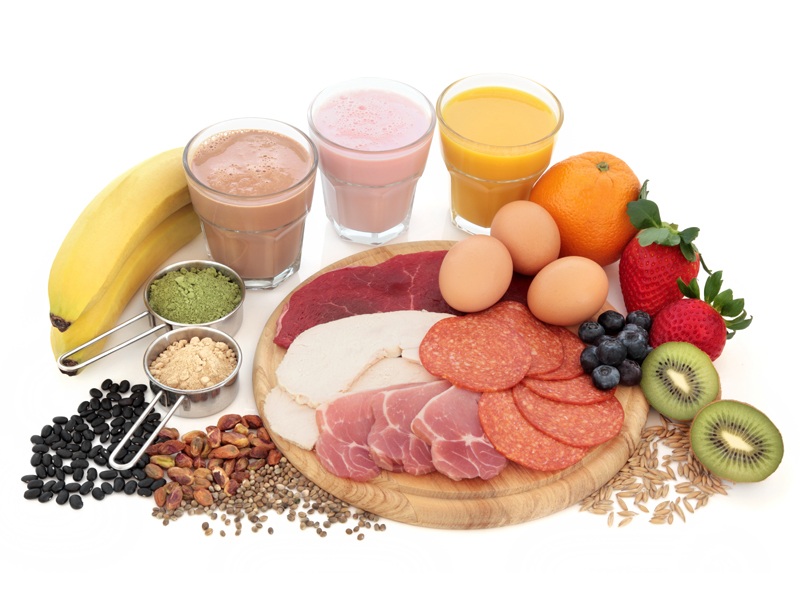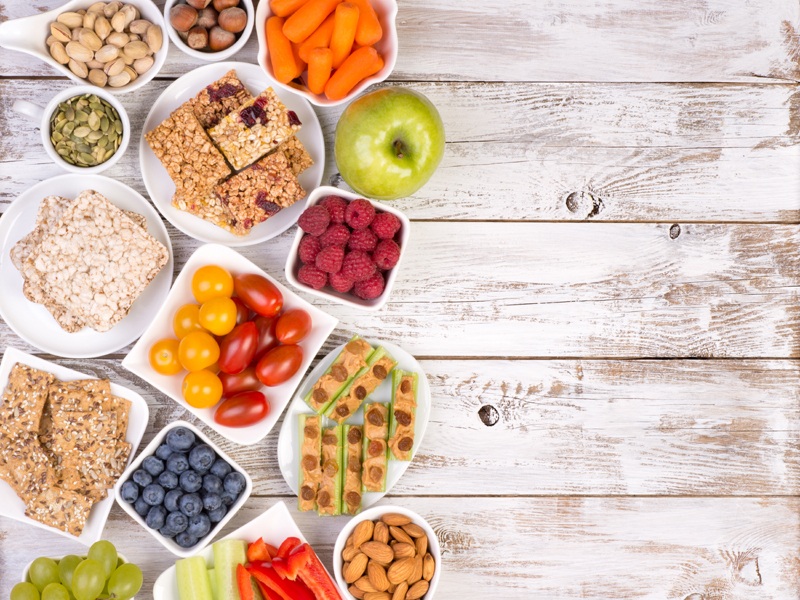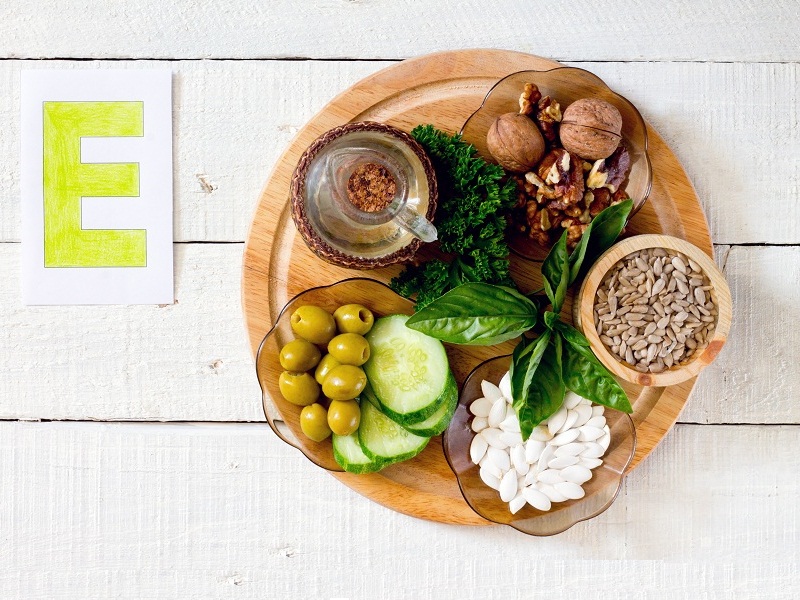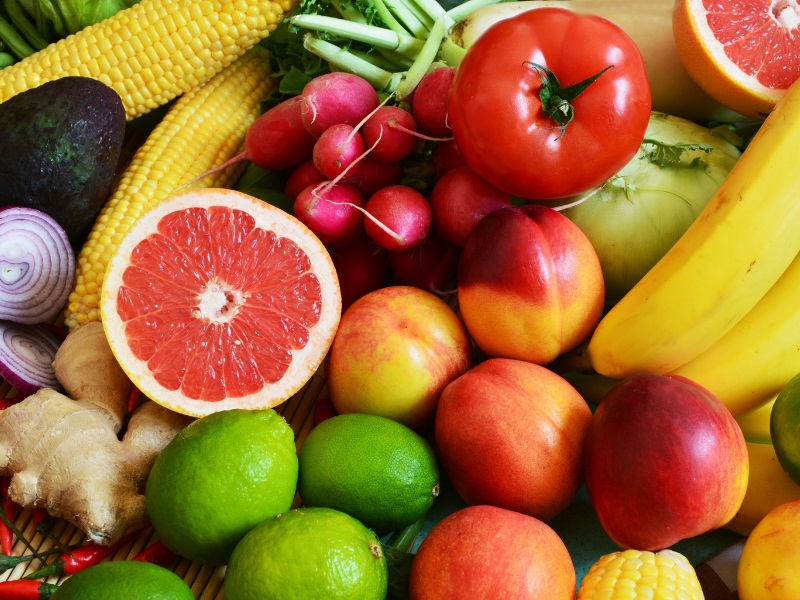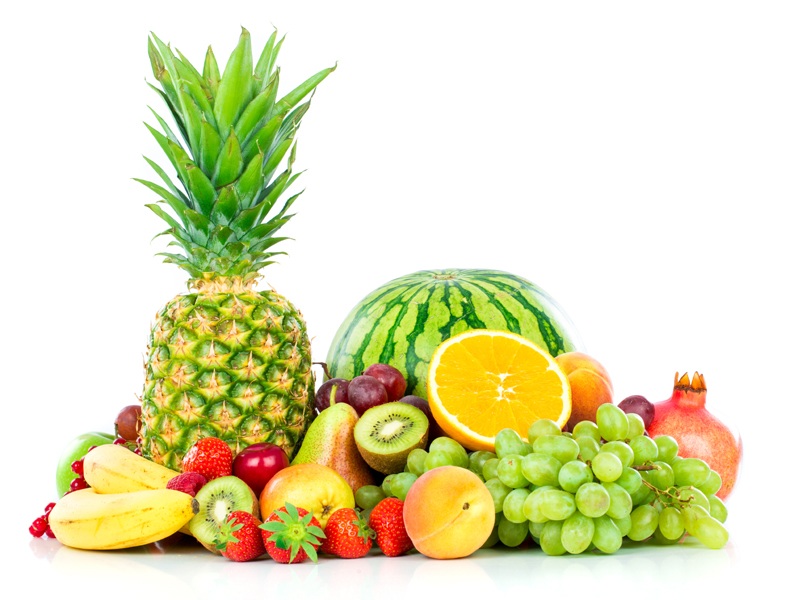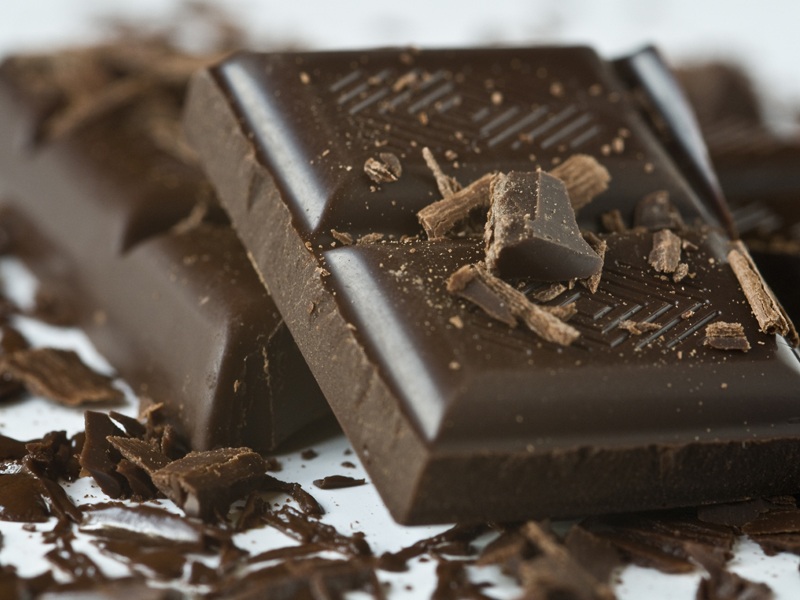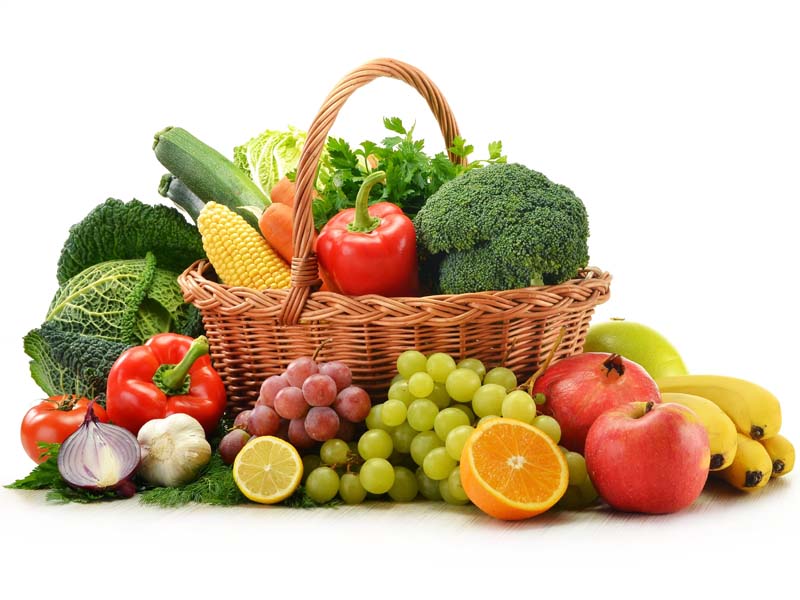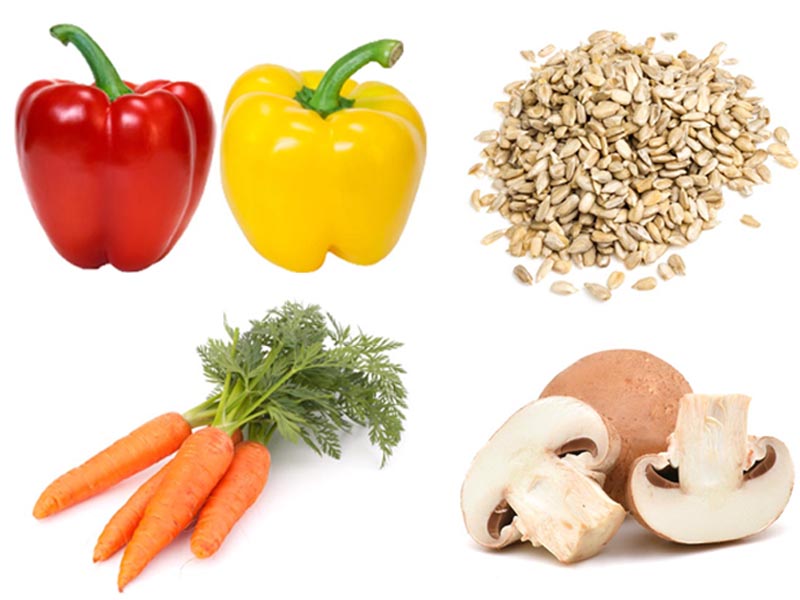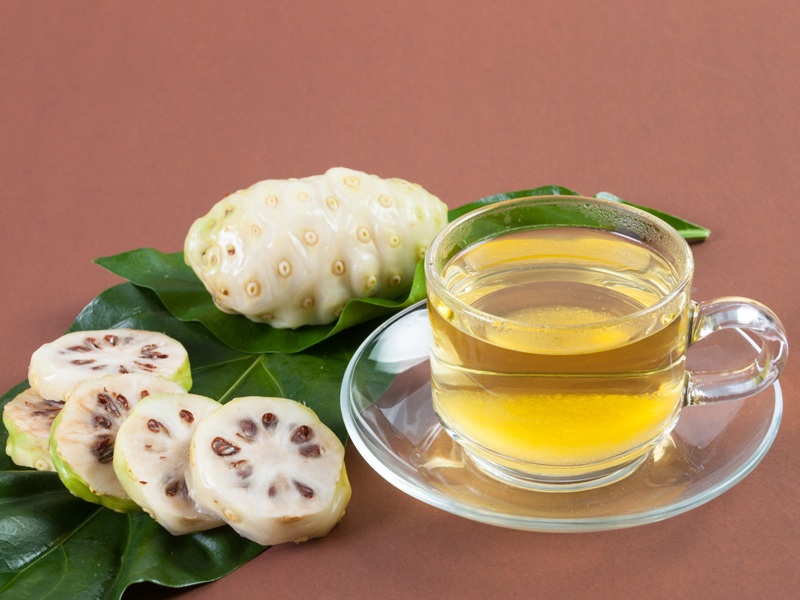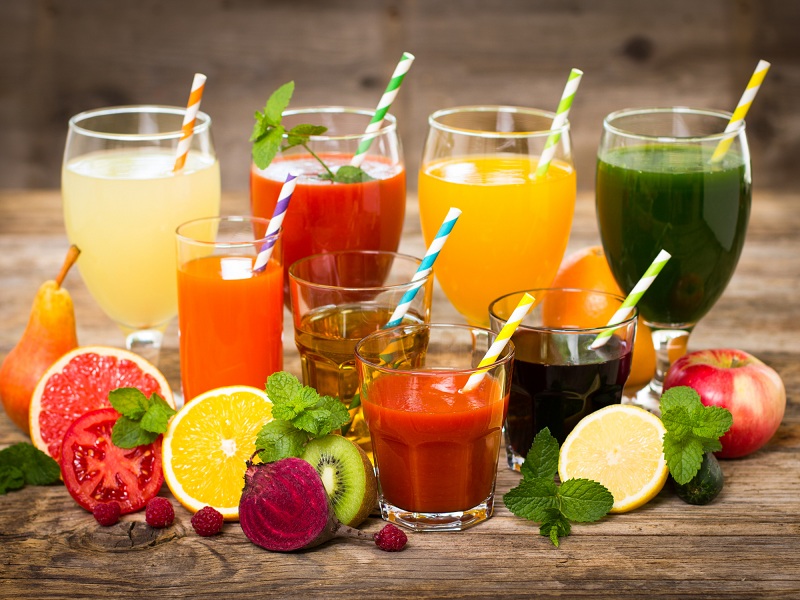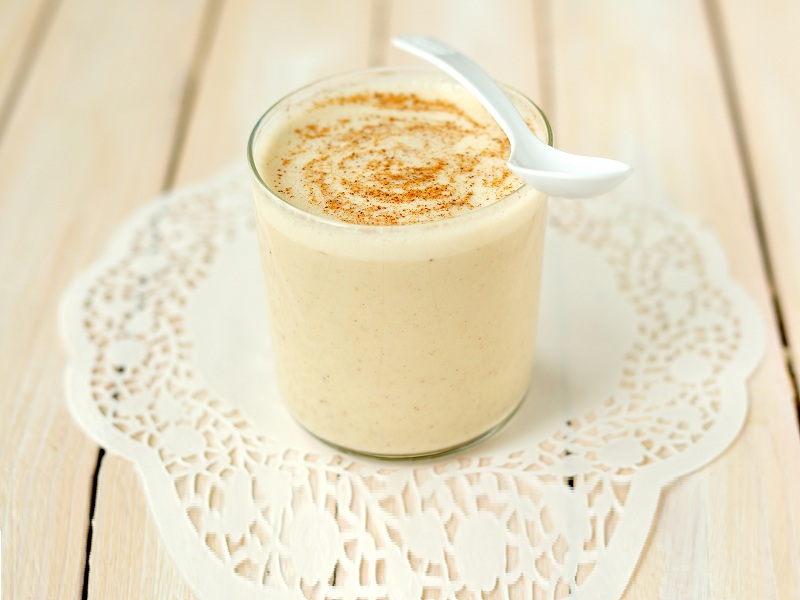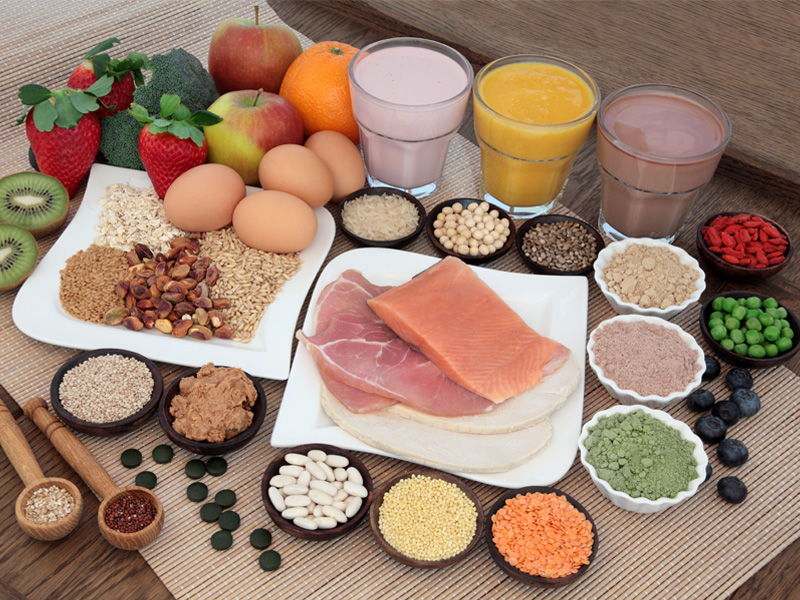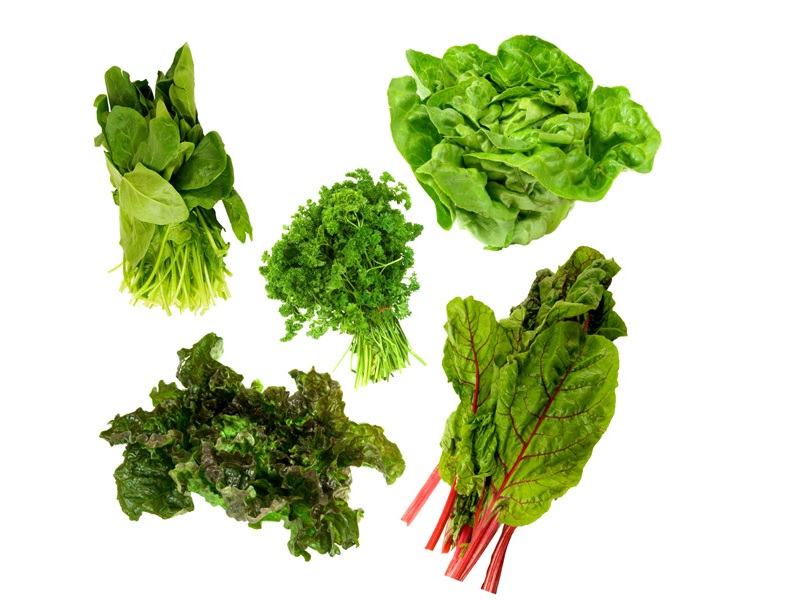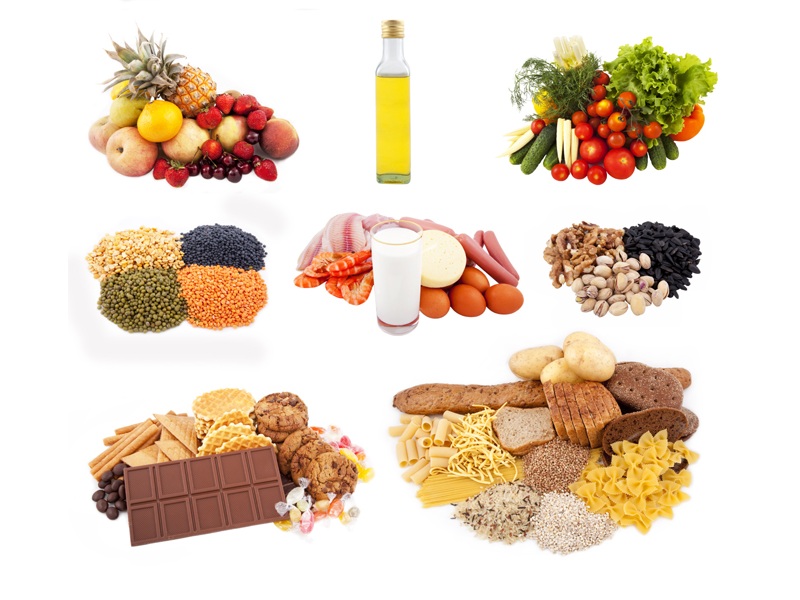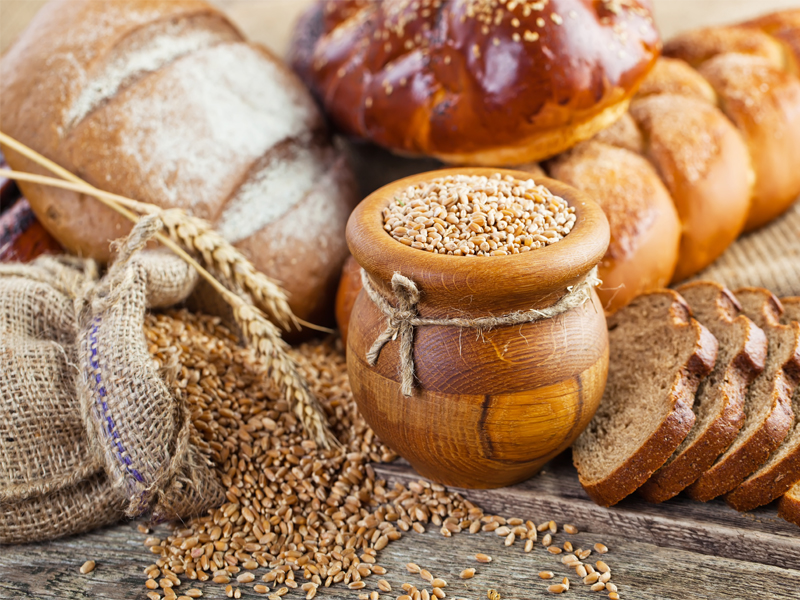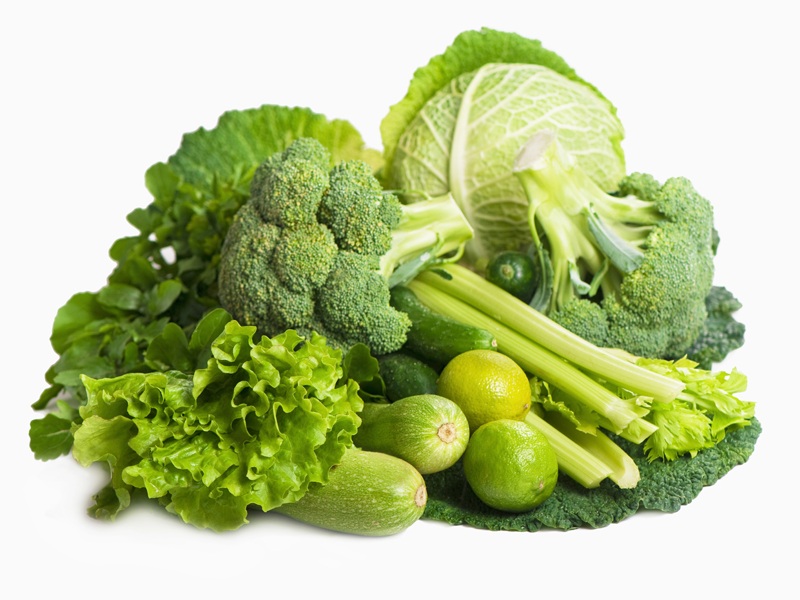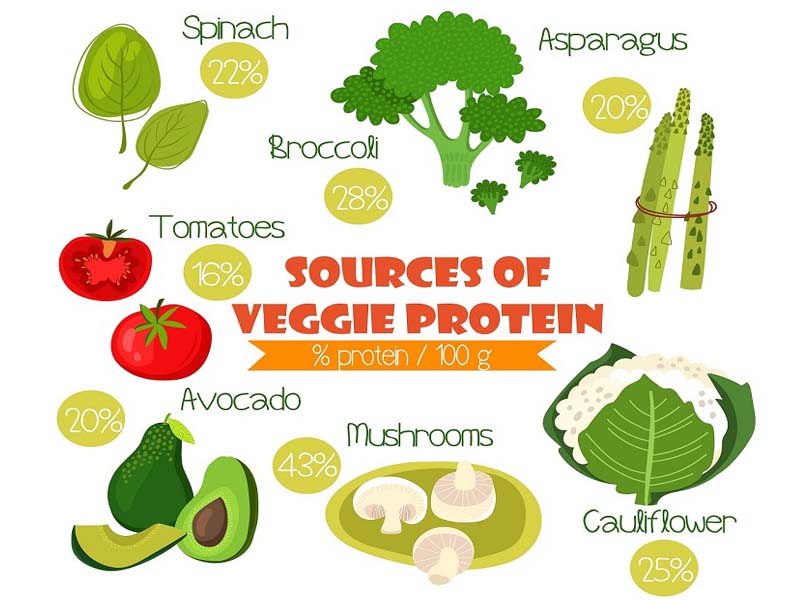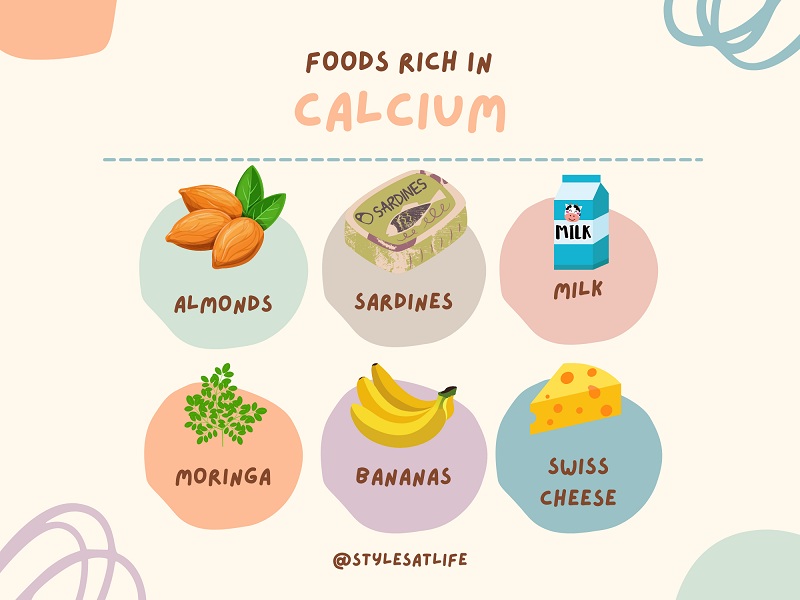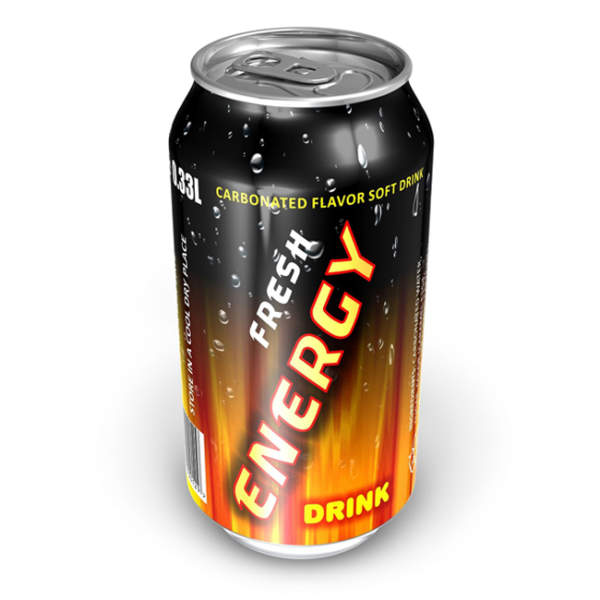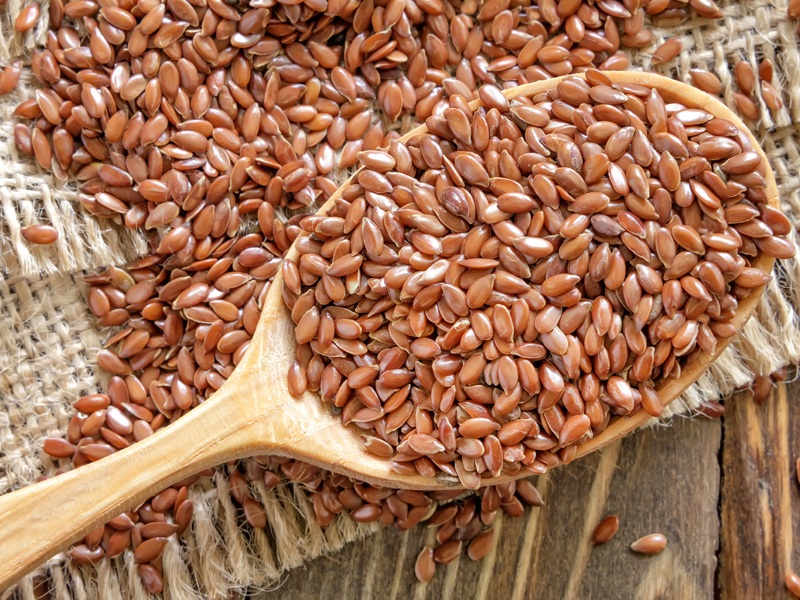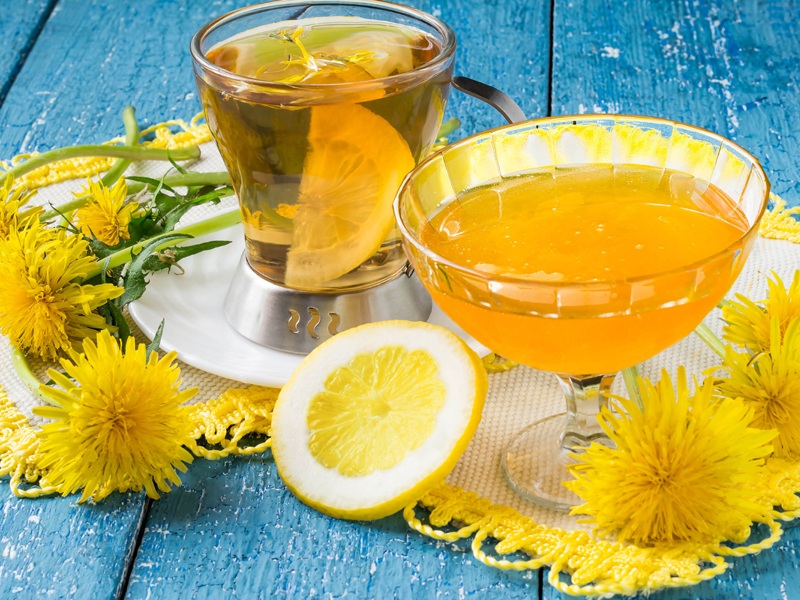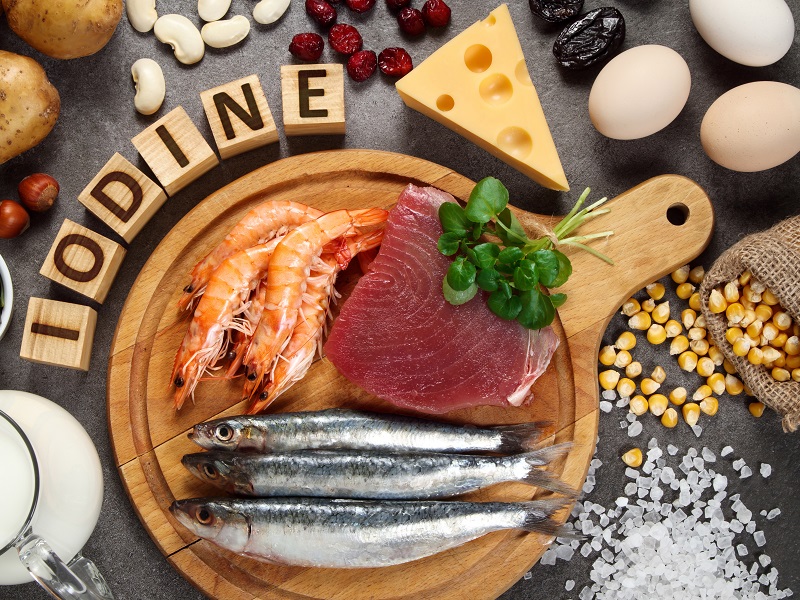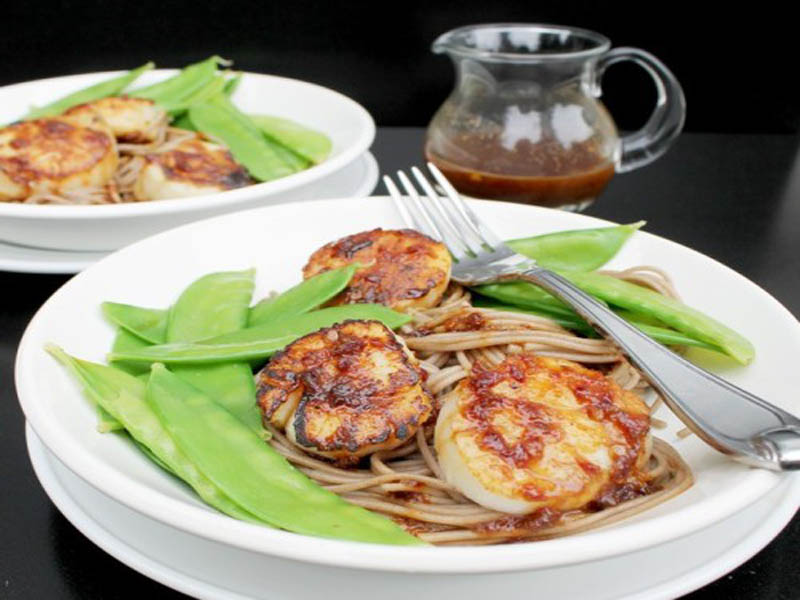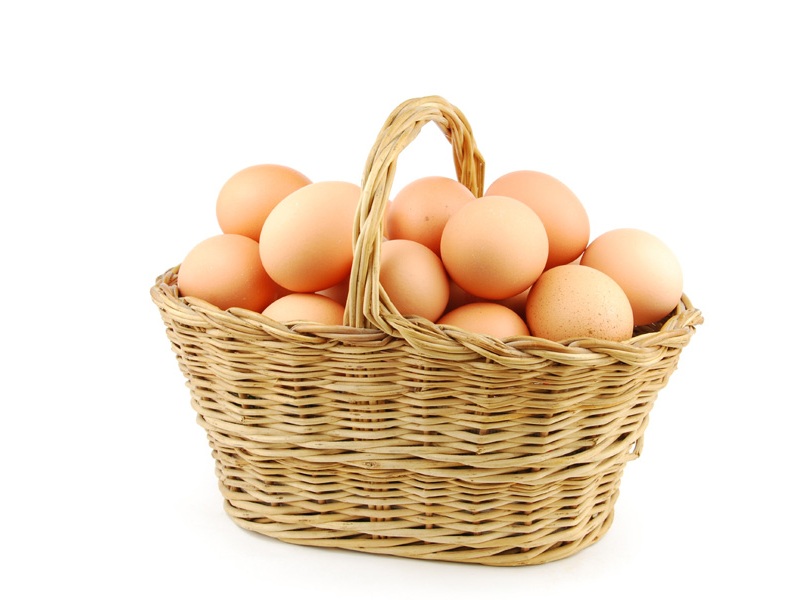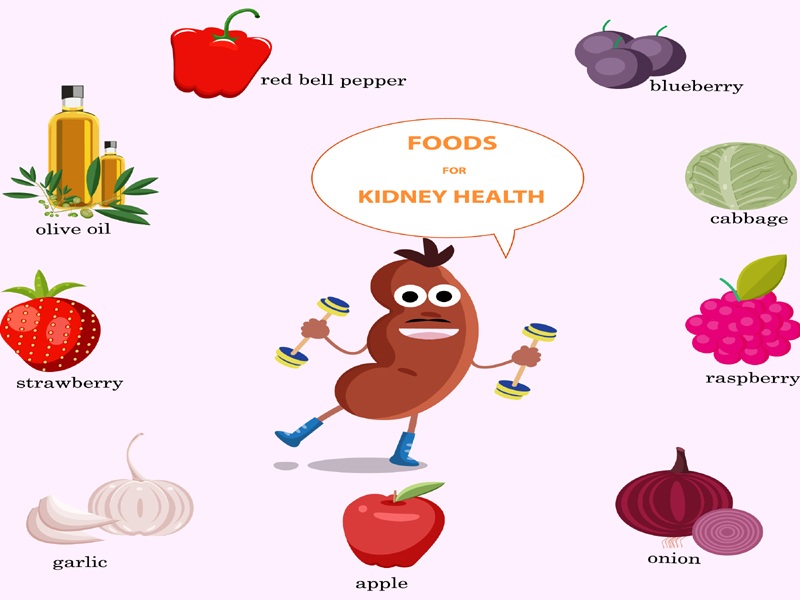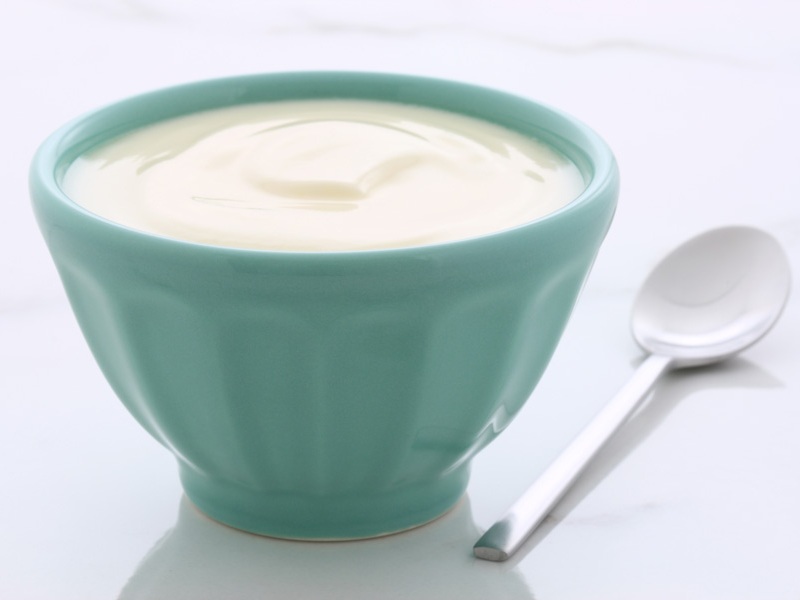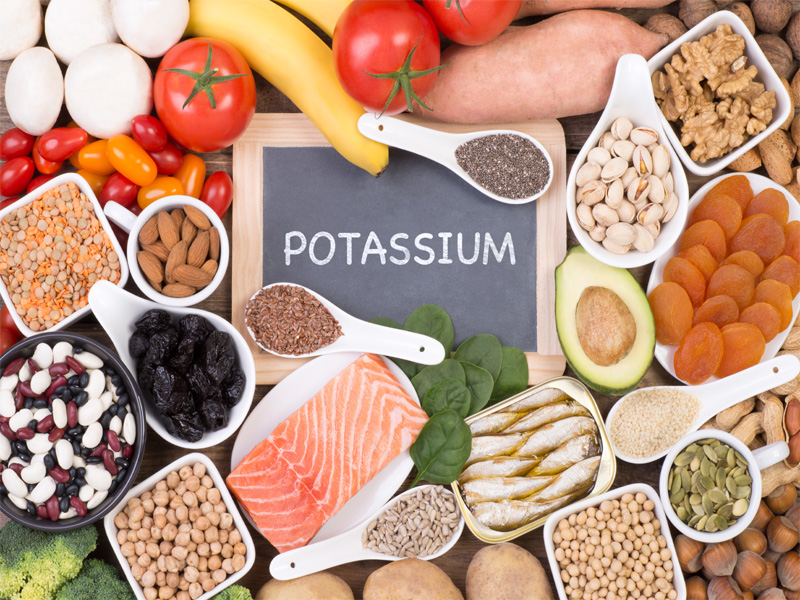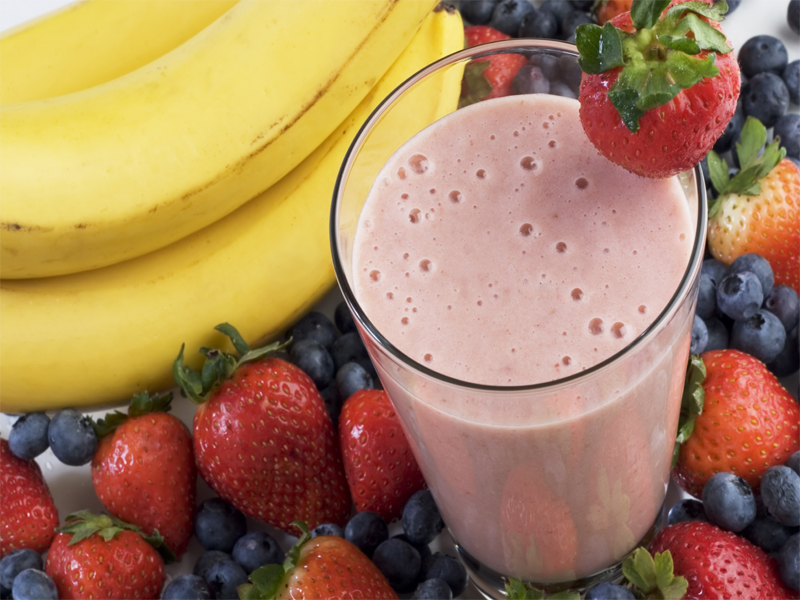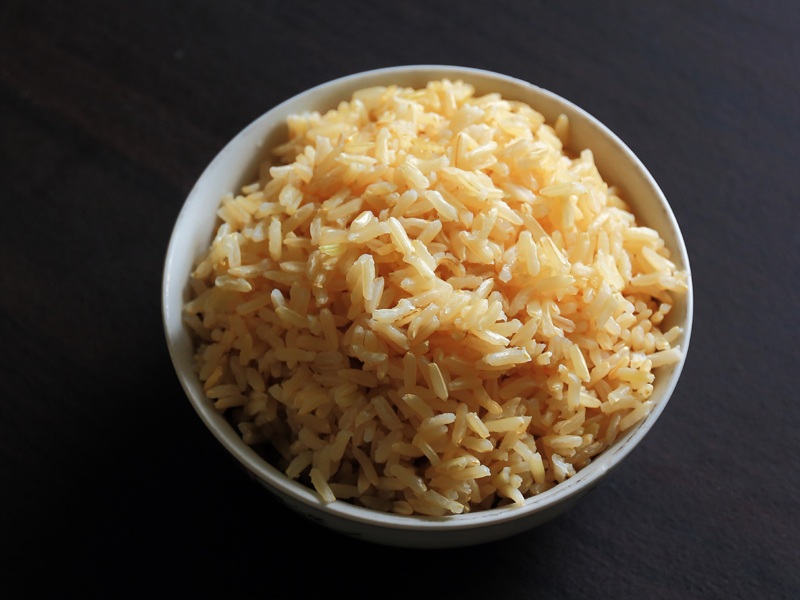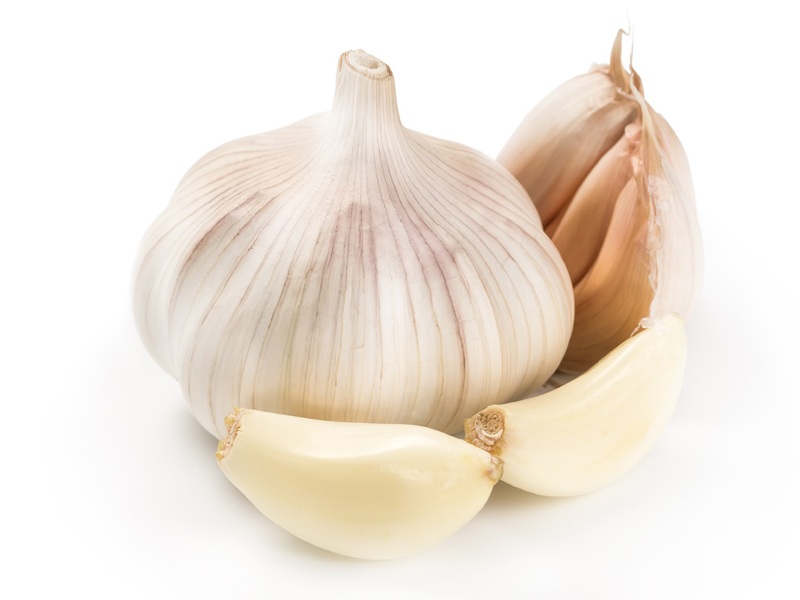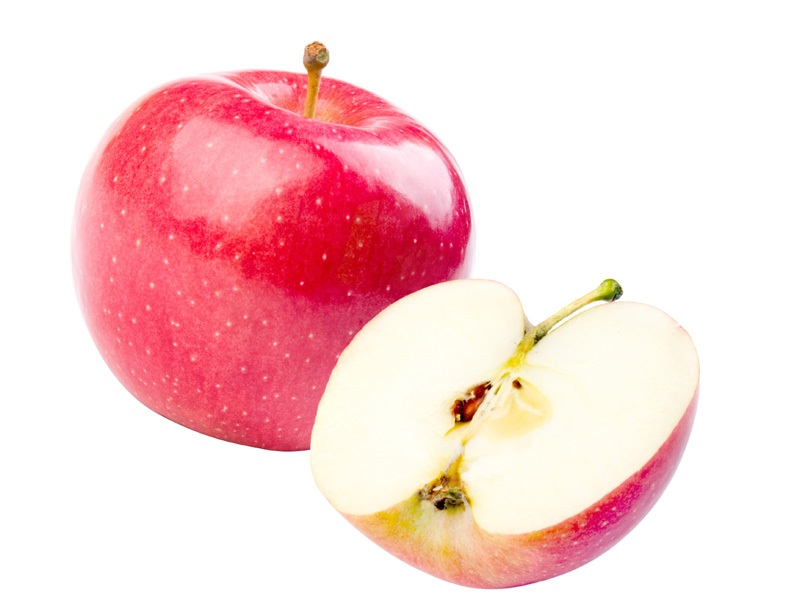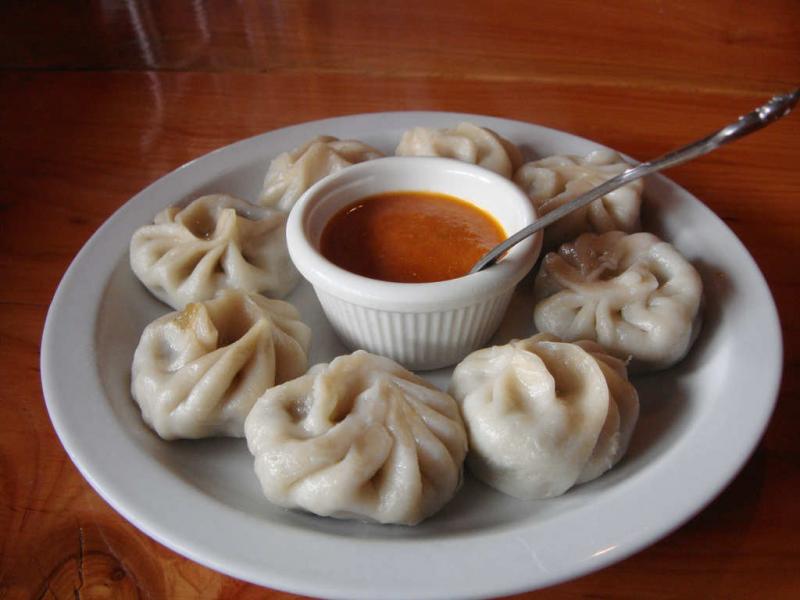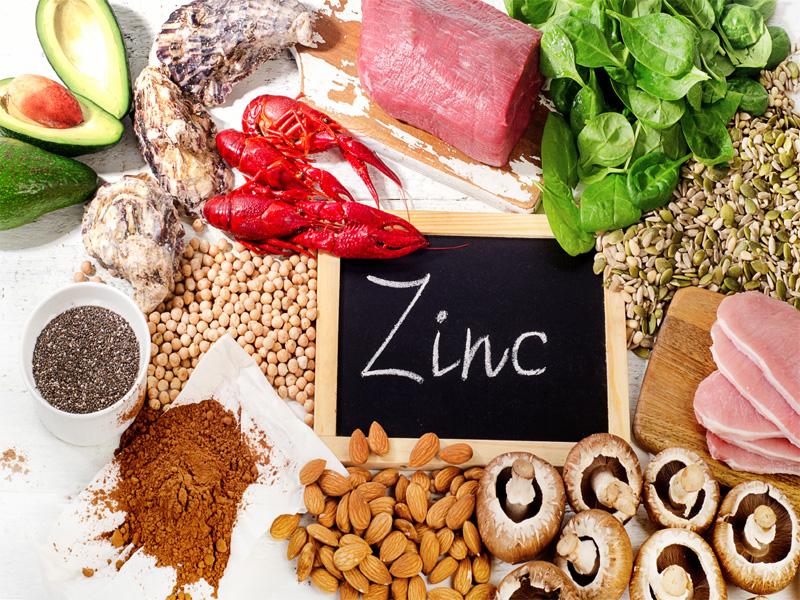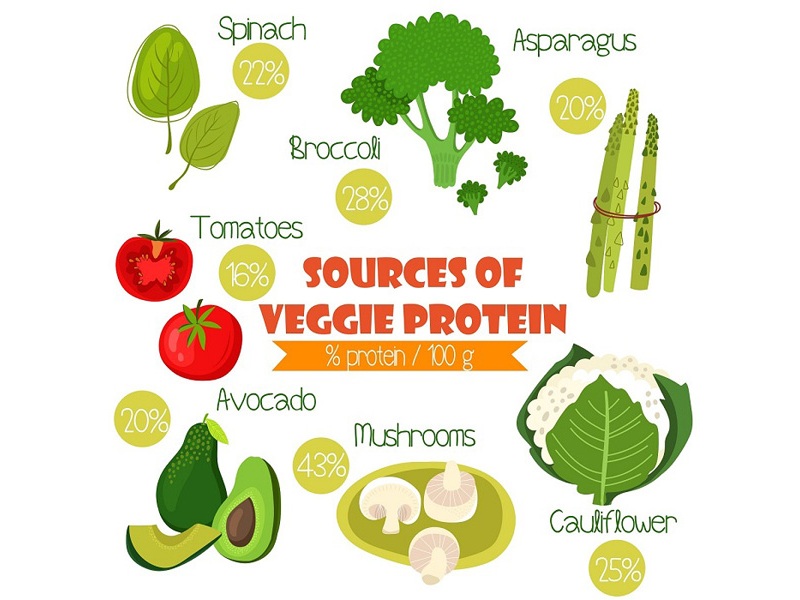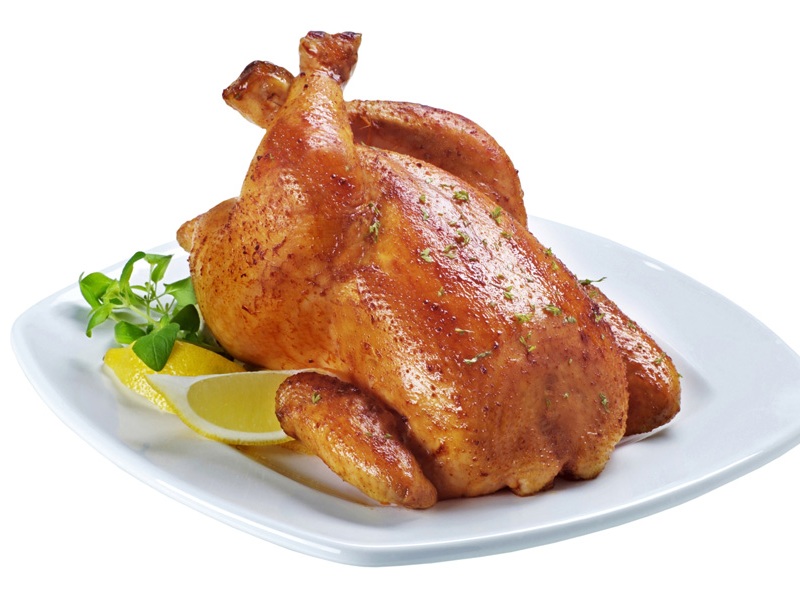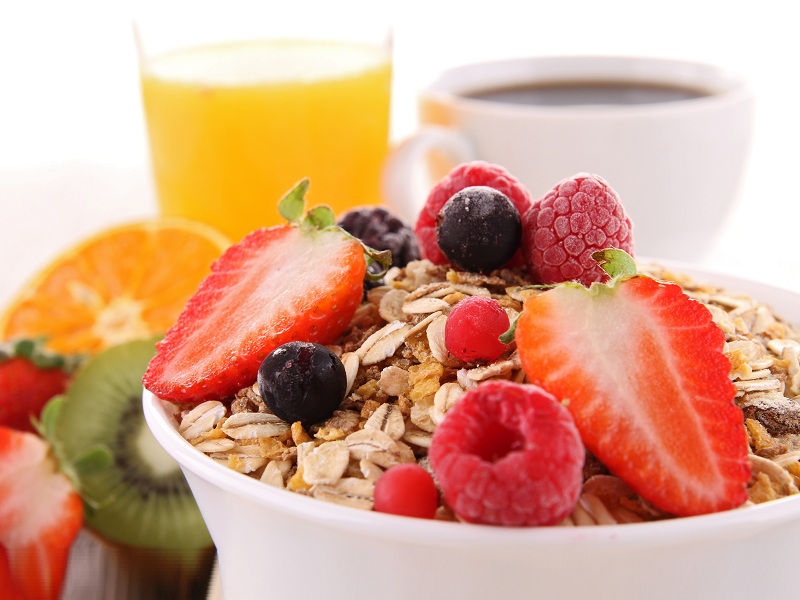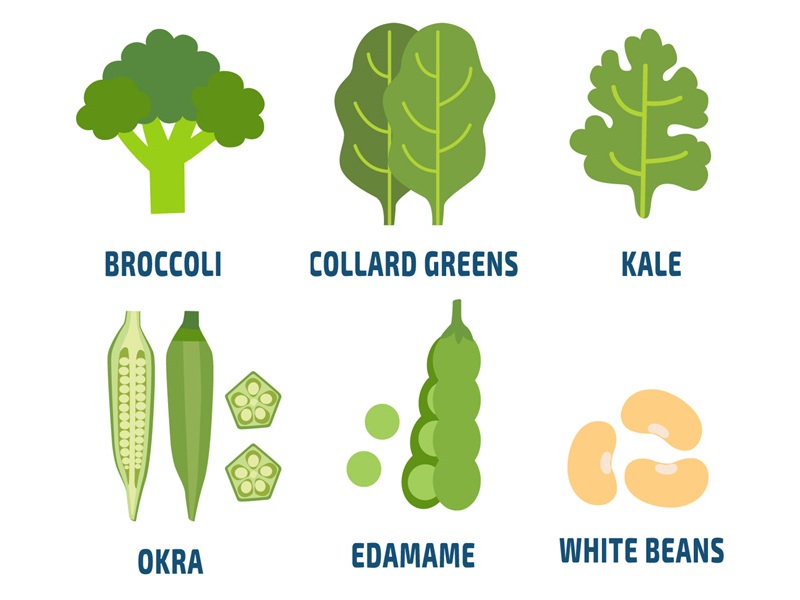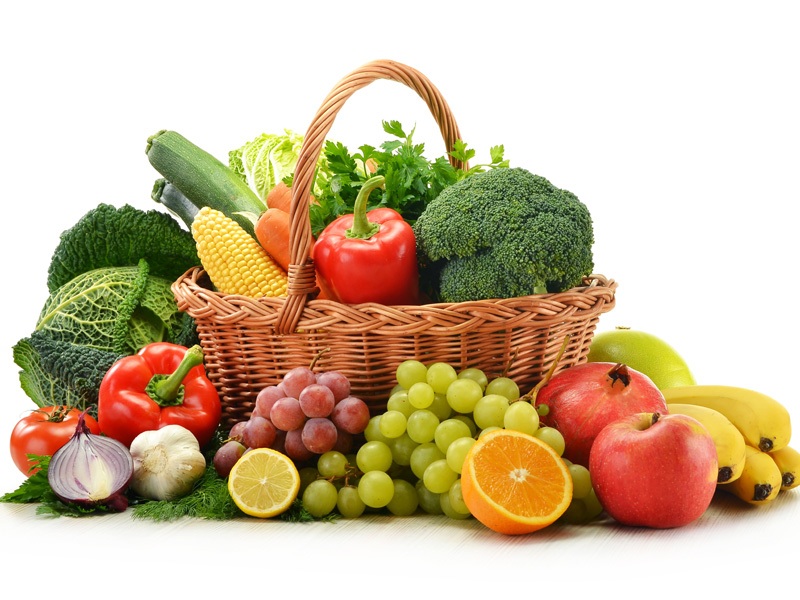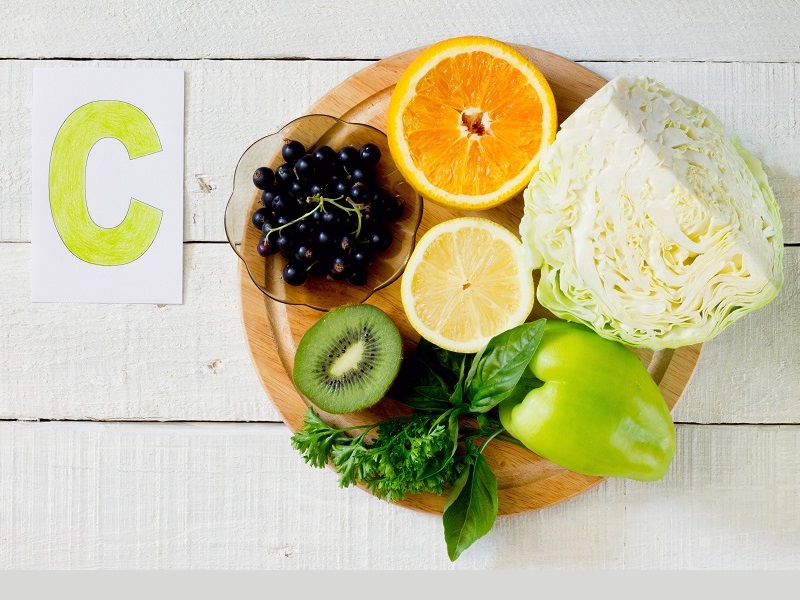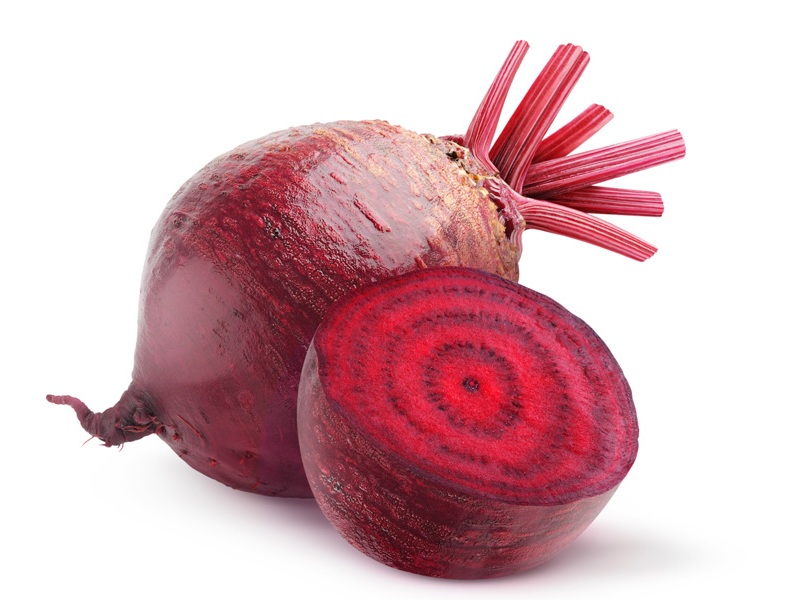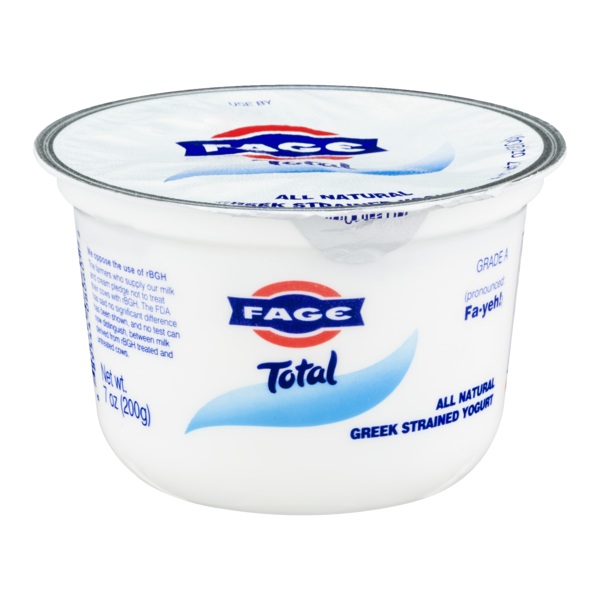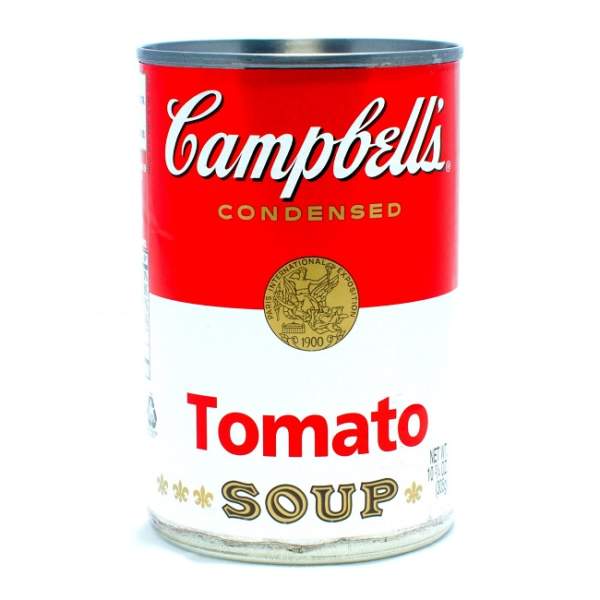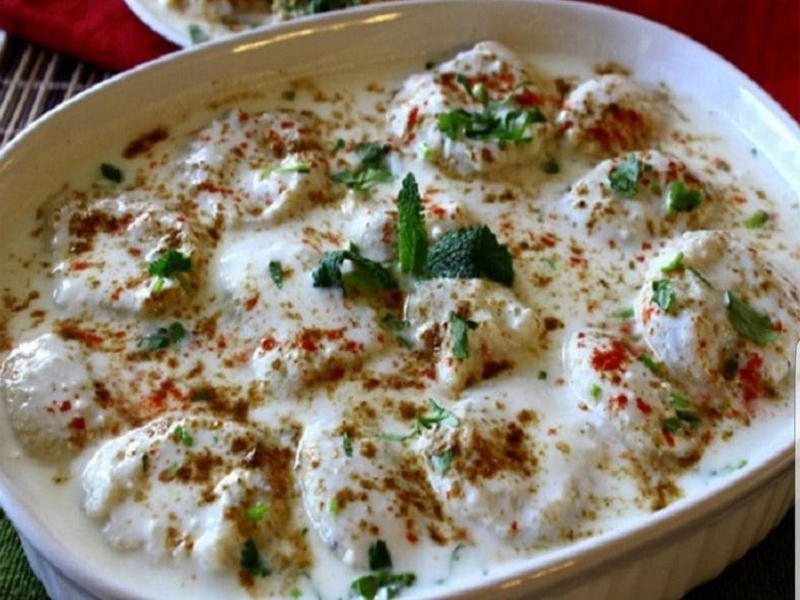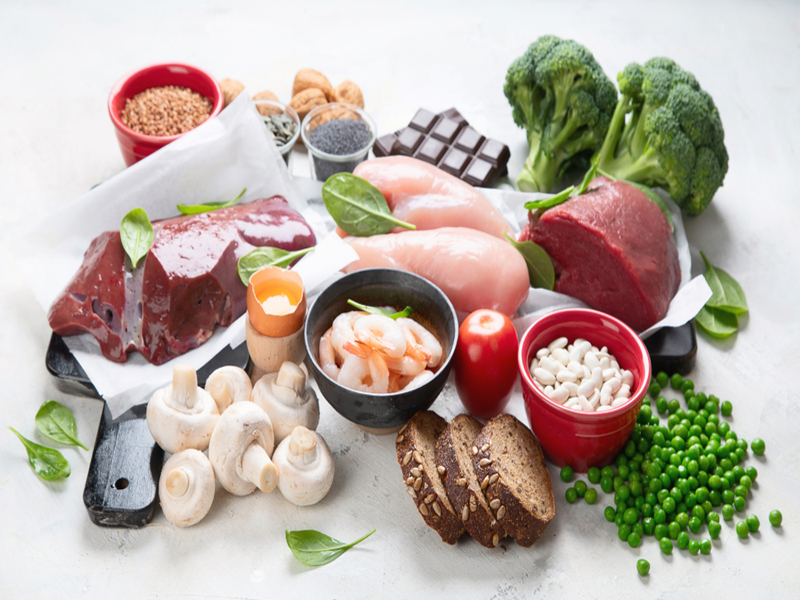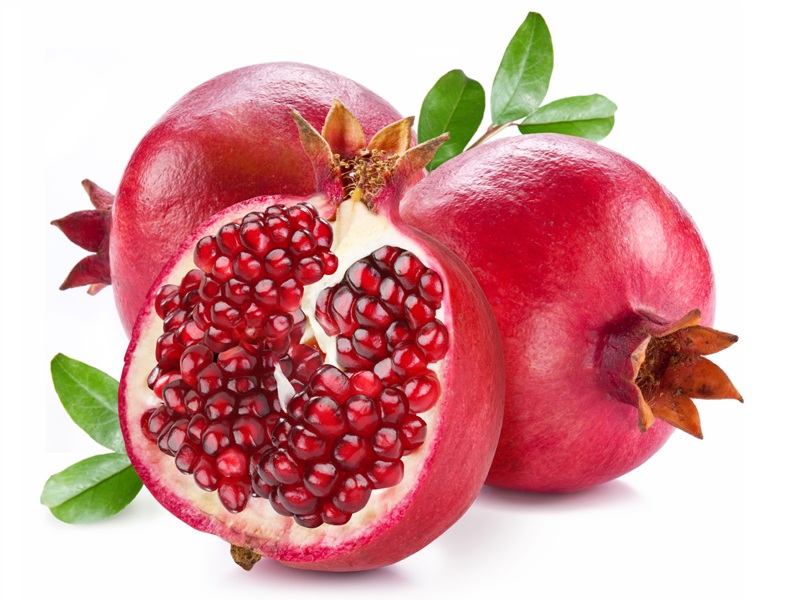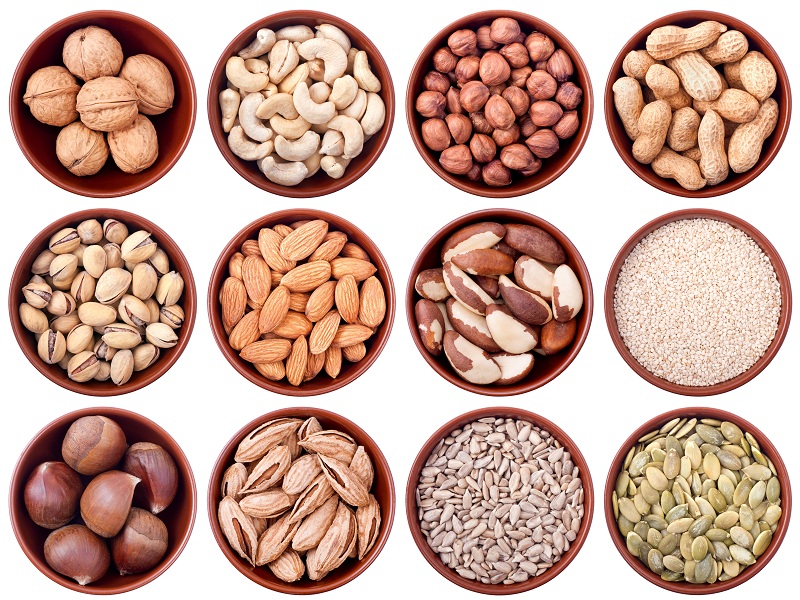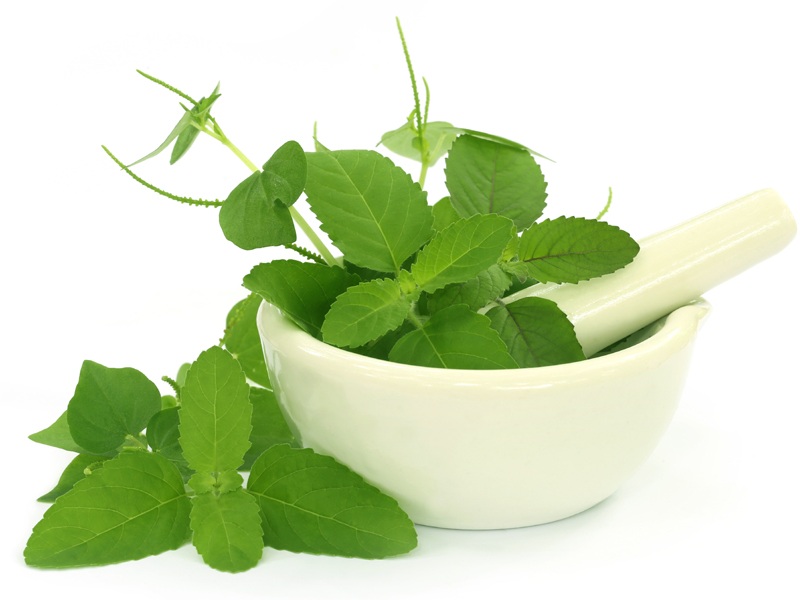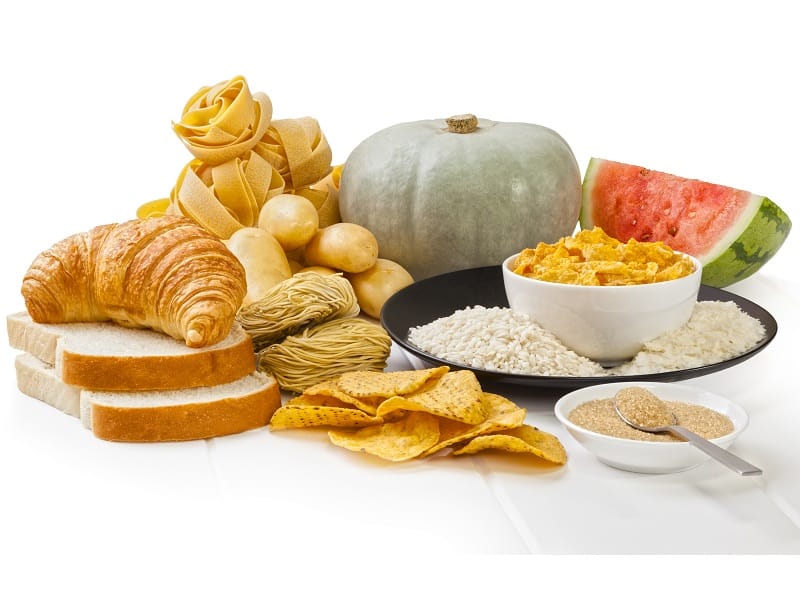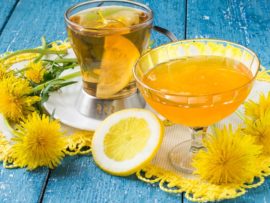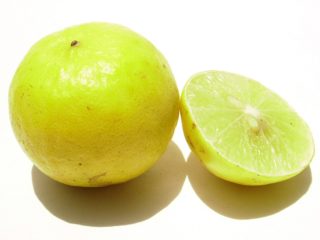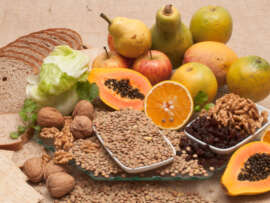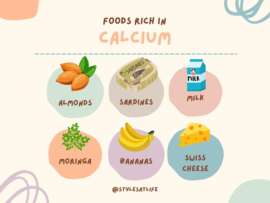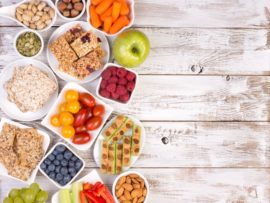We all need vitamins and minerals that play an essential role in the healthy functioning of our bodies. For example, among all the vitamins, Vitamin K is crucial for healthy bones and blood. Vitamin K deficiency can cause hemorrhage and excessive bleeding in adults, although rare. Instead of directly going for supplements, incorporating Vitamin K rich foods into your diet can be a natural and efficient way to get enough of this Vitamin into your body.
This article has discussed the rich sources of Vitamin K and their daily dosage. Read on!
What is Vitamin K?
Vitamin K is an essential vitamin that helps retain Calcium in the bones and blood clotting process. It has two subcategories, Vitamin K1, Vitamin K2, and it is a fat-soluble vitamin. The K means its ability to bring a liquid to a semi-solid state; hence it stands for Coagulation. Therefore, there is a high chance of hampering the clotting process leading to blood loss when deficient in Vitamin K.
Health Benefits Of Vitamin K:
Foods rich in Vitamin K offer several health benefits apart from blood clots and improved bone health. They are:
- Osteoporosis prevention.
- Reduces the flow of menstrual blood.
- Prevents hemorrhage of blood in infants.
- Risks of internal bleeding are reduced.
- It can reduce morning sickness during pregnancy.
- Helps control the levels of blood sugar.
- It helps boost the immune system.
What Is The Recommended Daily Allowance Of Vitamin K?
There is a variation of dosage with age and gender for Vitamin K consumption. However, here is a simple understanding of how much you should take.
- Not more than 2 mg per day – Infants (0-6 months).
- Not more than 2.5 mg per day – Children (7 months – 12 months).
- 30 mg to 60 mg per day – Children (1 year – 13 years).
- 75 mg to 90 mg per day – Women.
- 75 mg to 120 mg per day – Men.
Top 20 Vitamin K Food Sources In India:
Check out this article to know the list of Vit K-rich foods to ensure you get your daily dosage and enjoy good health!
1. Kale:
Kale is one of the foods that contain vitamin K covering at least 6% of your daily Vitamin K intake and is highly nutritious. Kale is a green leafy vegetable that can be an excellent addition to your diet, giving you enough nutrition and easily added to your diet (1).
Serving Size: 100 gms
Vitamin K in mcg: 387 mcg
% DV: 681
2. Dandelion Greens:
Dandelion greens benefit your overall health because they supply your body with rich vitamins. For example, in one cup of raw or cooked Dandelion greens, you can get 535 or 724 percent daily value of Vitamin K. This Vitamin contributes to bone health and facilitates blood coagulation. In addition, whether you choose raw or cooked, you can get a daily serving of 112 or 114 percent of Vitamin A. Whereas you can get a daily value of 32 percent of Vitamin C (2).
Serving Size: One cup (250 ml).
Vitamin K in mcg: 452 mcg.
% DV: 535% (raw).
[Read: Top Foods High In Vitamin A]
3. Mustard Greens:
Mustard greens are considered one of the best Vitamin K extracts sources containing 14% of your dietary needs. This Vitamin helps clot blood better and keeps your body healthy. It also has many other nutrients that are beneficial for the body, including vitamin A, C (3).
Serving Size: 100 gms
Vitamin K in mcg: 593 mcg
% DV: 494%
4. Beet Greens:
Beet greens are foods high in Vitamin K with about 400 micrograms, 333% of the daily recommended value in 100 grams serving. Having adequate levels of Vitamin K will help limit your brain’s neuronal damage. It also strengthens your bone and promotes osteoblastic activity, maintaining bone health (4).
Serving Size: 100 grams.
Vitamin K in mcg: 400 mcg.
% DV: 333%.
5. Collards:
Collards are yet another green leafy vegetable with 770 micrograms of Vitamin K. This vitamin can be helpful in calcium absorption, reduces urinary excretion of Calcium by acting as a modifier of bone matrix proteins. A man aged 19 to 30 should consume 120 mcg, whereas a woman of the same age should consume 90 mcg of Vitamin K per day (5).
Serving Size: 100 grams.
Vitamin K in mcg: 770 mcg.
% DV: 625%
6. Turnip Greens:
Turnip greens are green vegetables with a healthy density of nutrients and a rich source of Vitamin K. When taken every day, turnip greens account for most of your dietary needs naturally (6).
Serving Size: 100 gms.
Vitamin K in mcg: 484 mcg.
% DV: 403%
7. Spinach:
Spinach is a commonly found green leafy vegetable that can be included easily in your diet. It helps your body function at a proper pace by aiding in the functioning of your body and digestion. In addition, the high amounts of Vitamin K in spinach will help you stay healthy by giving you protein modification and proper blood clotting (7).
Serving Size: 100 gms
Vitamin K in mcg: 483 mcg
% DV: 402%
8. Brussel Sprouts:
If you are looking for a veggie that is considered a hidden K bomb, Brussel Sprouts is the one. Many people don’t like them, but since they are rich sources of nutrients such as vitamins A and E
This vegetable is a hidden vitamin K bomb. They are small to look at but extremely rich in nutrients. All these nutrients include vitamins such as vitamin E and A, and there is a substantial availability of vitamin K.
Serving Size: 100 gms
Vitamin K in mcg: 140 mcg
% DV: 117%
9. Spring Onions:
Spring onions are those veggies that can be an excellent addition to a three-course meal and can also be eaten raw. In addition, the taste and texture of these spring onions can be a crispy addition to your salads. Finally, they are rich sources of thiamine, Vitamin B2, Vitamin C and contain a good amount of vitamin K and Vitamin A (8).
Serving Size: ½ Cup
Vitamin K in mcg: 103 mcg
% DV: 100%
10. Broccoli:
If you have vitamin K deficiency, adding boiled Broccoli to a salad or chicken is an excellent way. The antioxidants, vitamin C, and fiber present in Broccoli make it a superfood. It is also good Calcium and vitamin K source that builds strong bones and controls blood pressure (9).
Serving Size: 100 gms
Vitamin K in mcg: 140 mcg
% DV: 117%
11. Lettuce (Iceberg):
Lettuce (iceberg) is a widely used lettuce and is another Vitamin K food source. Crisphead lettuce is quite nutritious, contrary to belief. The high amounts of fiber and water content make it an excellent addition to a healthy diet, ensuring gut health. According to research, lettuce (Iceberg) has nutrients like magnesium, phosphorous, vitamin K, and Calcium necessary for healthy bones (10).
Serving Size: 72 grams of shredded.
Vitamin K in mcg: 147.
% DV: 20.1% – 26.8%
[Read: Foods High In Biotin]
12. Parsley:
Parsley is a rich source of vitamin K, though many people think it is just an addition to your doos for taste. Parsley also helps reduce the risk of severe health conditions like heart conditions, stroke, cancer, and diabetes because it has high amounts of vitamin C and other antioxidants (11). It is also a fantastic herb for blood coagulation, apart from acting as a blood thinner.
Serving Size: 100 gms
Vitamin K in mcg: 483 mcg
% DV: 402%
13. Okra:
Okra is one of the Vitamin K vegetables which helps with bone maintenance, growth development, and proper blood coagulation. It also helps regulate cell growth and trigger enzymes by playing a crucial role in protein activity. So, include Okra in your diet to help it tackle bone fractures, heart disease, and osteoporosis (12).
Serving Size: ½ cup of sliced Okra (cooked)
Vitamin K in mcg: 32
% DV: 27%
14. Pickled Cucumber:
Pickled cucumbers are fermented pickles that play a prominent role in gut health because of good bacteria called probiotics. Pickling of the cucumber also helps you retain all the necessary nutrients, thereby ensuring enough vitamin K into your diet. In addition, cucumbers benefit from adding them to your salad or enjoying it raw.
Serving Size: 100 gms
Vitamin K in mcg: 130 mcg
% DV: 55%
15. Prunes:
Prunes are considered a delicacy globally and are a rich source of Vitamin K. You can consume them either dried or fresh. Adding them to your diet improves health conditions such as osteoporosis, constipation among many. Along with Vitamin K, prunes contain fiber, antioxidants, and 15 other vitamins and minerals that aid in the healthy functioning of your body. In addition, you can prevent fractures and calcium deficiencies with regular consumption of prunes (13).
Serving Size: 100 gms
Vitamin K in mcg: 60 mcg
% DV: 50%
16. Asparagus:
Asparagus comes in several colors and is an excellent addition to your diet. In addition, it has high amounts of vitamin K, which plays an essential role in bone health and blood clotting (14). In addition, asparagus also contains riboflavin, iron, zinc, which are micronutrients that are vital for a healthy body. Asparagus increases the muscle mass in your body and increases your healing capabilities by retaining all the necessary nutrients.
Serving Size: 100 gms
Vitamin K in mcg: 91 mcg
% DV: 76%
17. Kiwi:
Kiwi is a fruit that promotes healthier and stronger bones because it is a rich source of Vitamin K. traces of Calcium and phosphorous in Kiwi contribute to bone health. Therefore, you might be able to prevent osteoporosis with an adequate intake of vitamin K (15).
Serving Size: One medium fruit
Vitamin K in mcg: 28
% DV: 23 – 30%
18. Green Peas:
Spring growing season is announced to the world with sweet, chubby peapods, and this green legume has a supersized serving of vitamin K and is loaded with vitamins A, B-1, B-6, C. It gives your body a dose of vitamin requirements (16).
Serving Size: One cup (Boiled)
Vitamin K in mcg: 40
% DV: 46%
19. Chicken:
Poultry meat, especially chicken, is one of the foods high in vitamin k2 and is the healthiest option for meat lovers. Chicken is nutrient-rich, low-fat, and protein-rich meat that offers about five mcg of vitamin K in a single serving (17). To derive maximum benefits, it is best to eat grilled or steamed chicken instead of deep-frying.
Serving Size: 100 gm
Vitamin K in mcg: 60 mcg
% DV: 50%
20. Pomegranate:
Vitamin K-rich fruits include pomegranates that also offer several other health benefits. The fruit is a rich source of vitamin K that imparts good blood and bone health (18). It also prevents excessive blood loss by improving the hemoglobin percentage in the body.
Serving Size: 100 gm
Vitamin K in mcg: 16 mcg
% DV: 14%
Vitamin K Rich Fruits:
Some of the fruits that contain vitamin K are as follows:
- Avocado – 18% DV per serving, 21 mcg of vitamin K in a half, medium-sized avocado.
- Blackberries – 12% DV serving, 14 mcg of vitamin K in half a cup of blackberries.
- Blueberries – 12% DV per serving, 14 mcg of vitamin K in half a cup of blueberries.
- Dried figs – 6% DV per serving, 6.6 mcg of vitamin K in five pieces of dried figs.
- Sun-dried tomatoes – 4% DV per serving, 4.3 mcg of vitamin K in five pieces of sun-dried tomatoes.
- Grapes – 3% DV per serving, 3.5 mcg of vitamin K in ten grapes.
- Red currants – 3% DV per serving, 3.1 mcg of vitamin K in one ounce of red currants.
Vegetables High in Vitamin K:
Here is the list of vegetables that are rich sources of vitamin K:
- Raw Swiss Chard provides 398 mcg of vitamin K serving one leaf – 332% DV per serving.
- Cooked cabbage (half cup) has 82 mcg of vitamin K, 68% DV per serving.
- One cup of kale has 800 mcg of vitamin K per serving.
- ¼ cup of onion has 55 mcg of vitamin K per serving.
- One cup of spinach has around 800 mcg of vitamin K per serving.
- One cup of endive has around 80 mcg of vitamin K per serving which is 72% of the DV.
[Read: Highest Vitamin C Foods To Add To Your Diet]
Signs and Health Risks Of Vitamin K Deficiency:
You might experience the following symptoms and potential health risks if you have a deficiency of Vitamin K:
- Bleeding from nose and gums.
- Heavy blood loss.
- Minor wounds like injections, piercing might cause excessive bleeding.
- Heavy menstrual bleeding.
- Traces of blood in urine and stool.
- GI tract bleeding.
- Increased time in clotting.
- High susceptibility to bruises.
Incorporating them into your diet becomes essential with the information presented in this article about the importance of Vitamin K-rich foods. Furthermore, choosing the right food that is a rich source of Vitamin K becomes pretty easy with the vast array of non-vegetarian and vegetarian food options presented in this article. Therefore, before going to depend on medicines, include these fruits and vegetables and stay healthy. Finally, don’t forget to let us know if you found this article helpful!
Disclaimer: The information provided in this article is based on research and is not a replacement for professional advice. The website is not responsible for the authenticity and accuracy of the information.
FAQ:
1. Does too much Vitamin K cause any side effects?
Ans: Toxicity is rare when you consume vitamin K from intestinal synthesis or food. But the vitamin build-up in your blood can become toxic if the dose of Vitamin K exceeds through supplements or injections. Flushing, tightness in your chest, and sweating are symptoms when you take too much Vitamin K.
2. Is potassium and Vitamin K the same?
Ans: Vitamin K and potassium are essential yet very different micronutrients.
3. Is Vitamin K a water-soluble vitamin?
Ans: No! Vitamin K is a fat-soluble vitamin that travels through the intestines and into your body’s blood circulation by getting it in fat globules.


